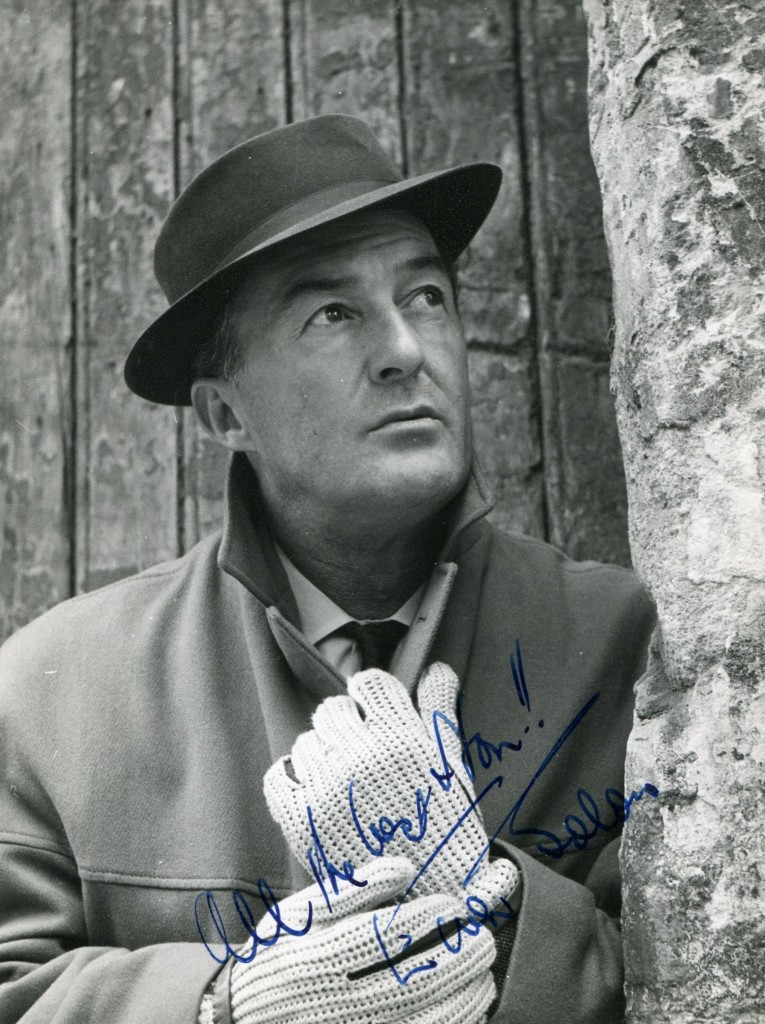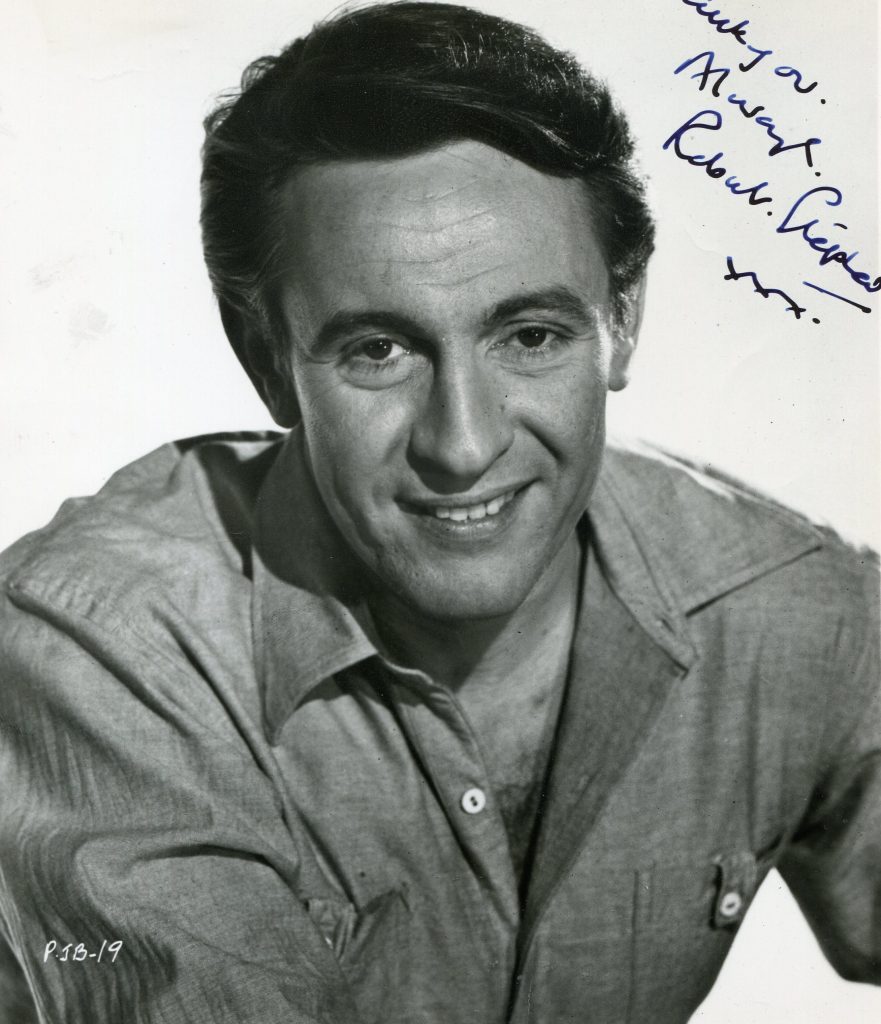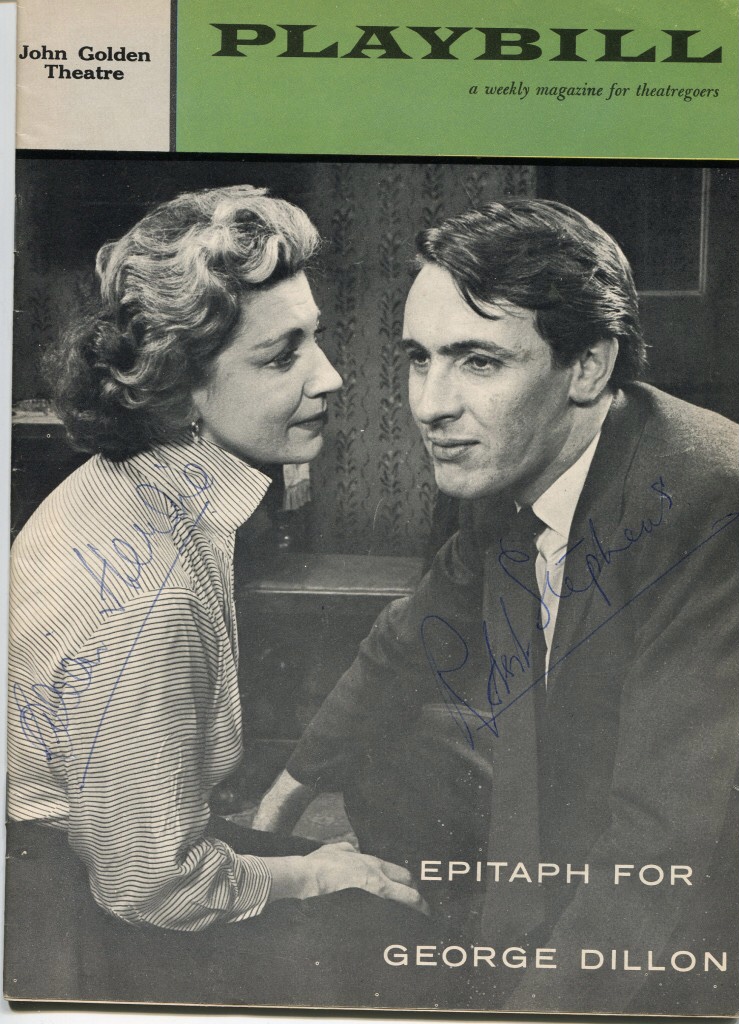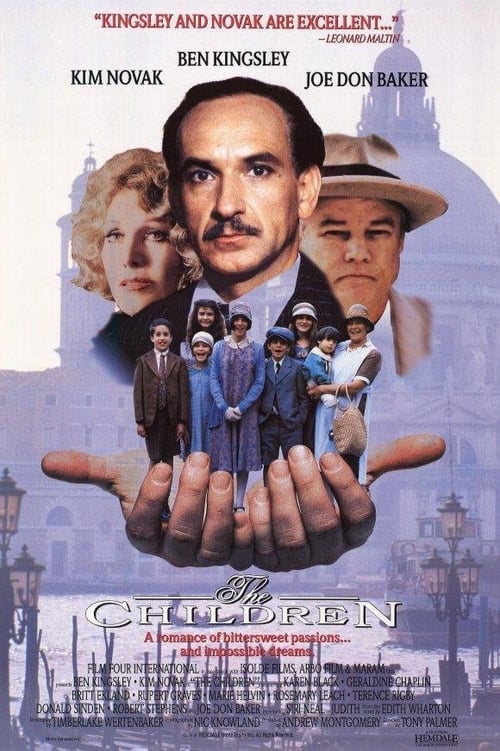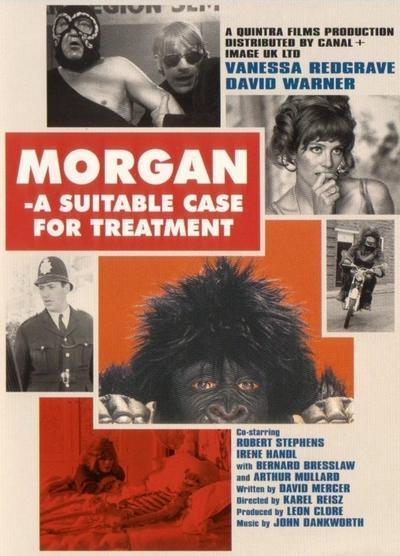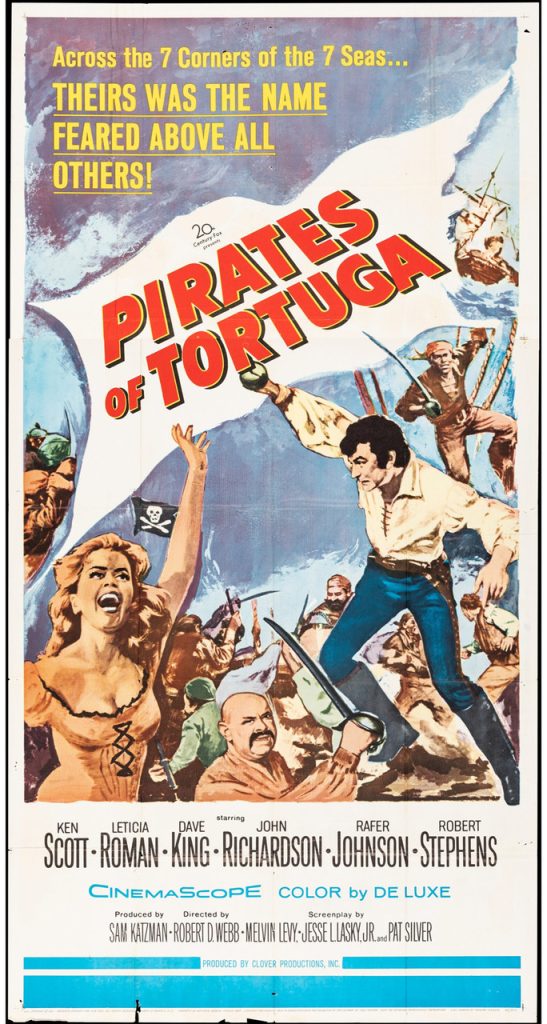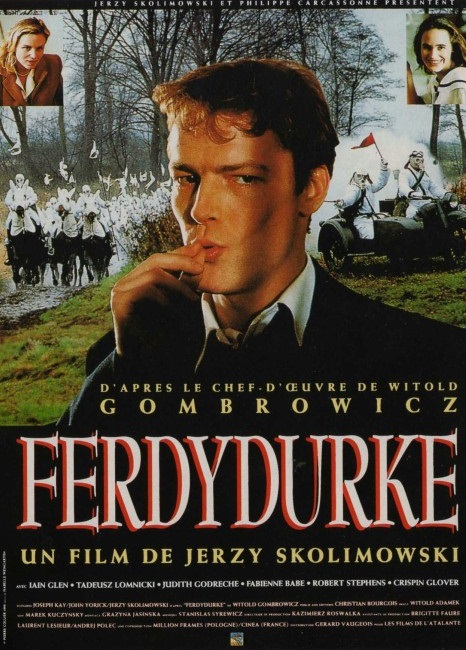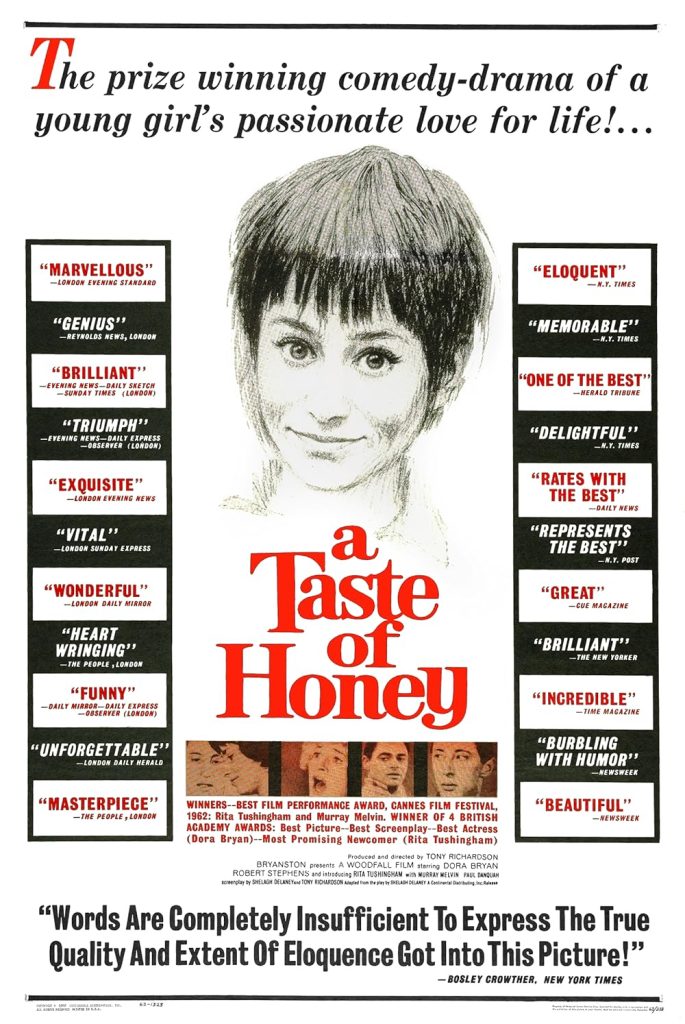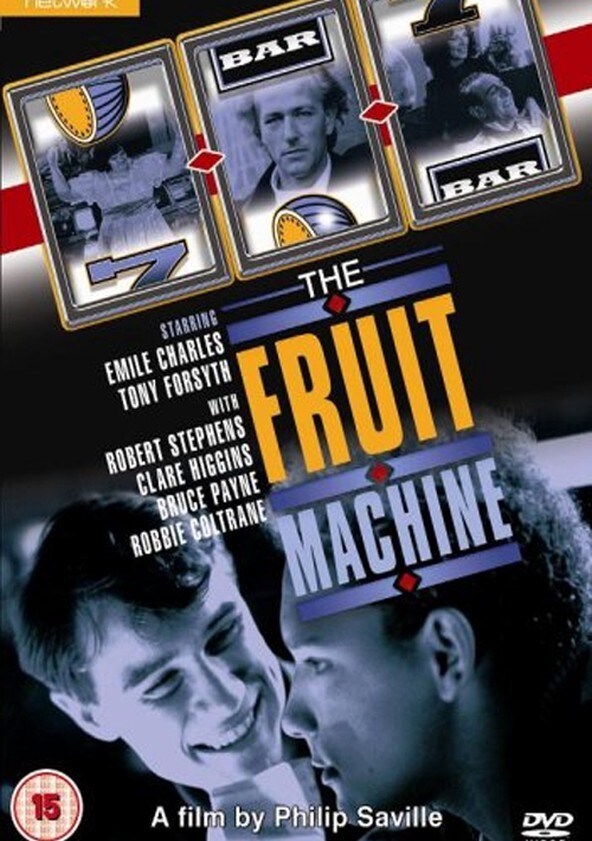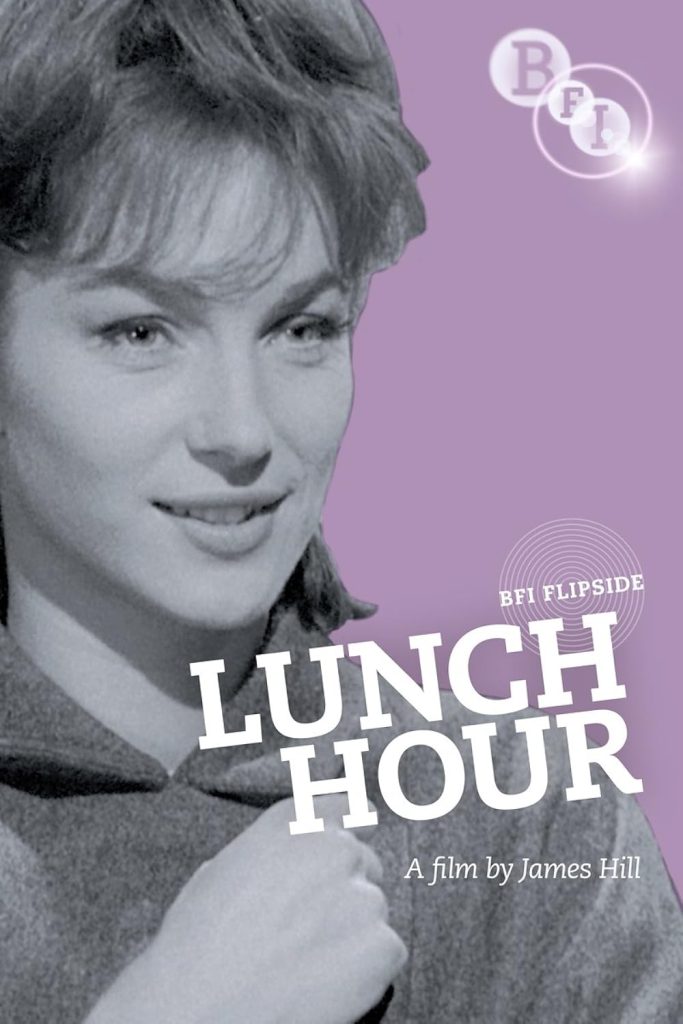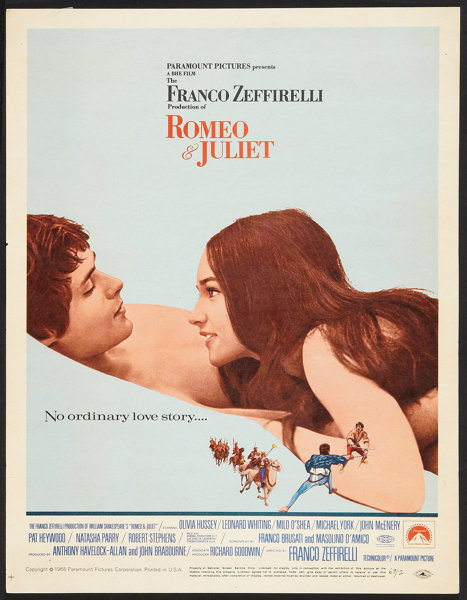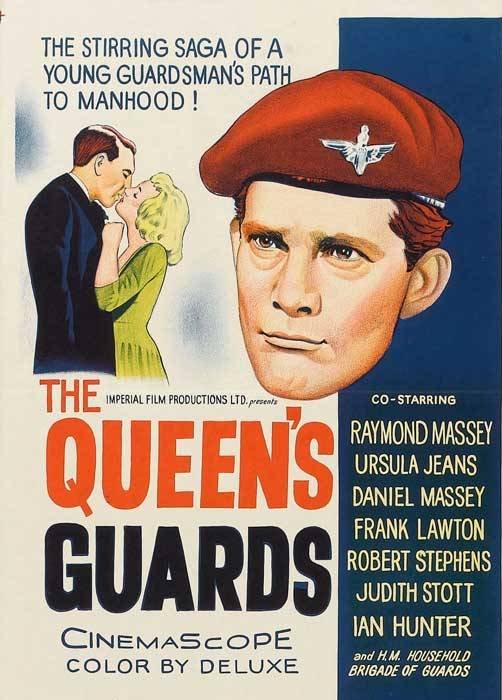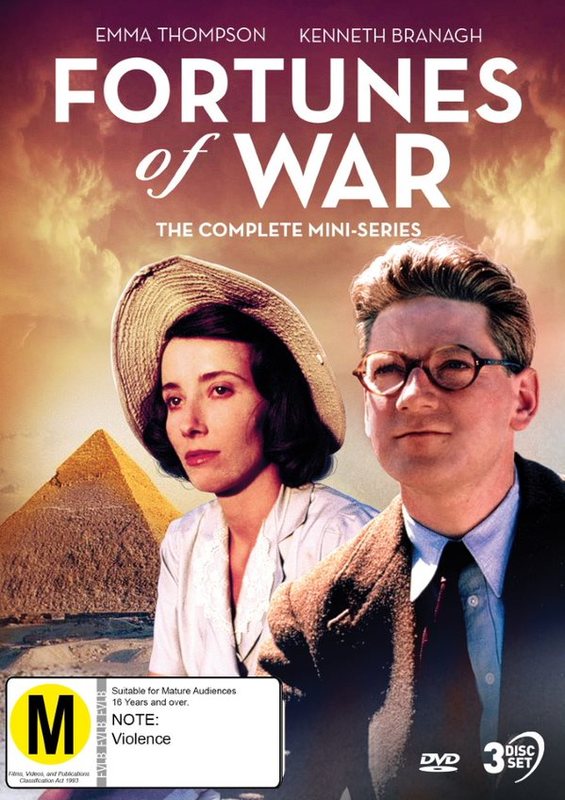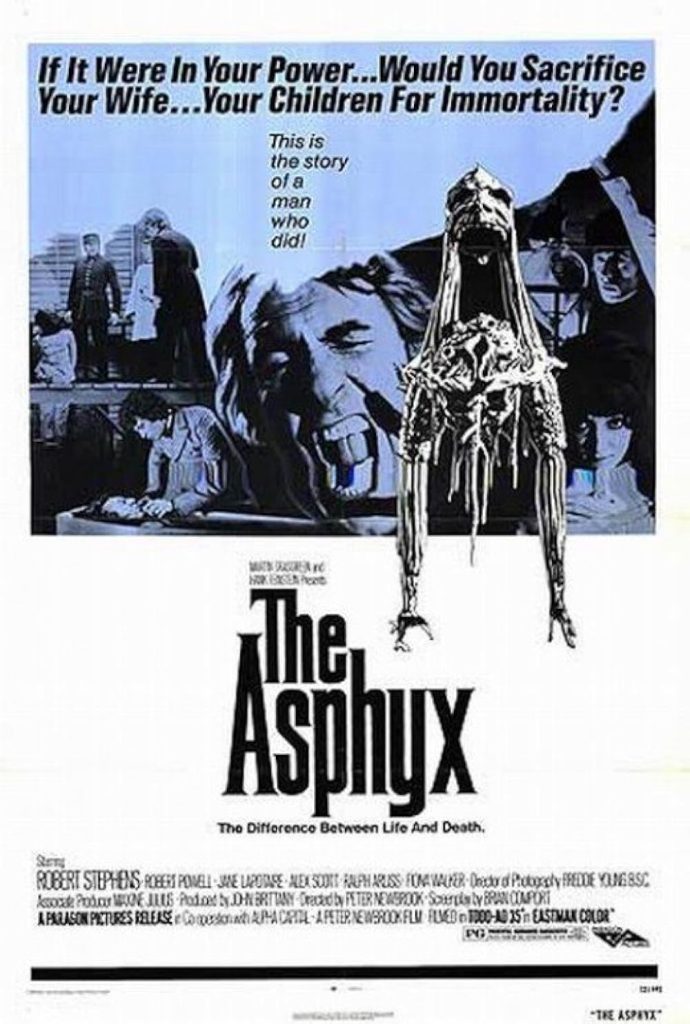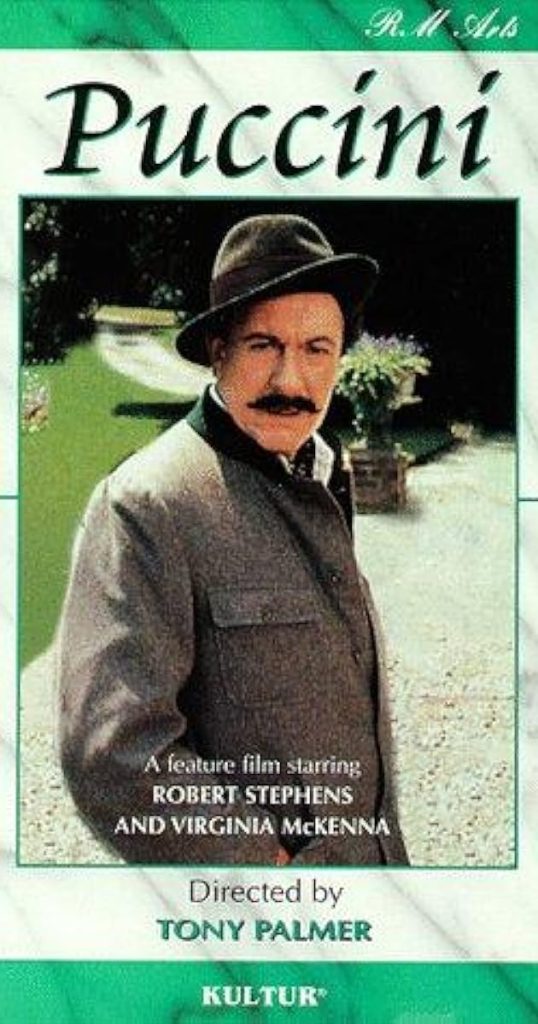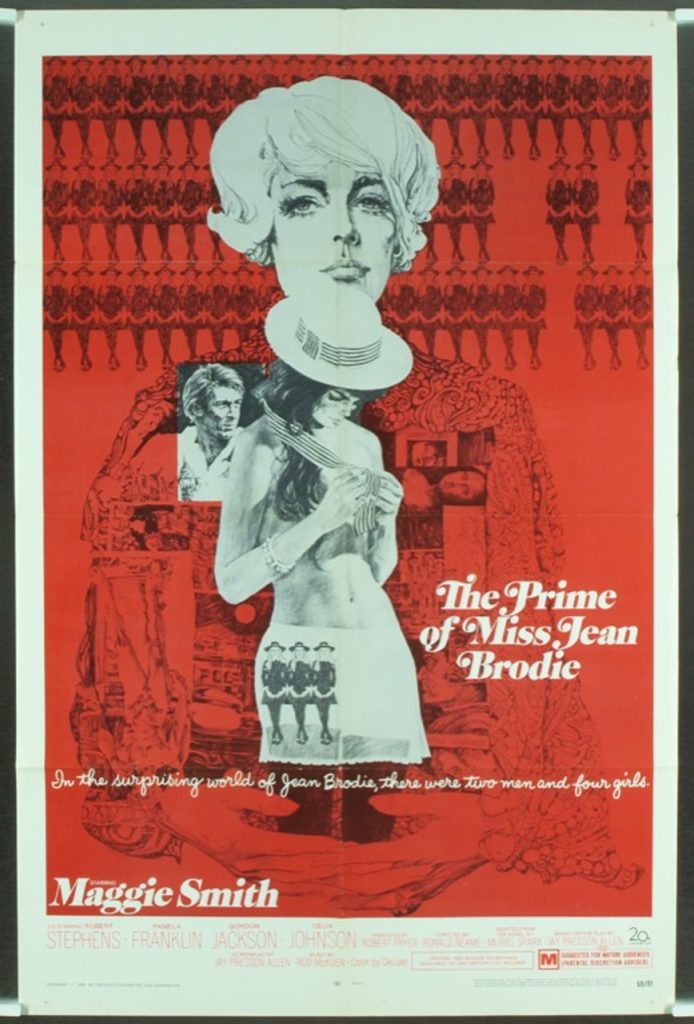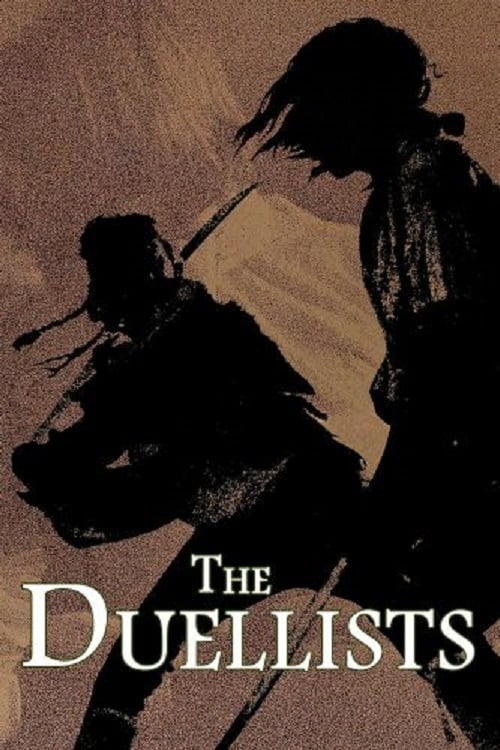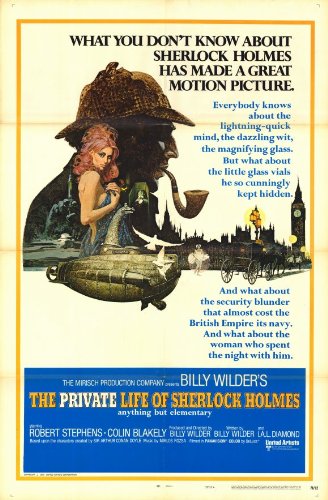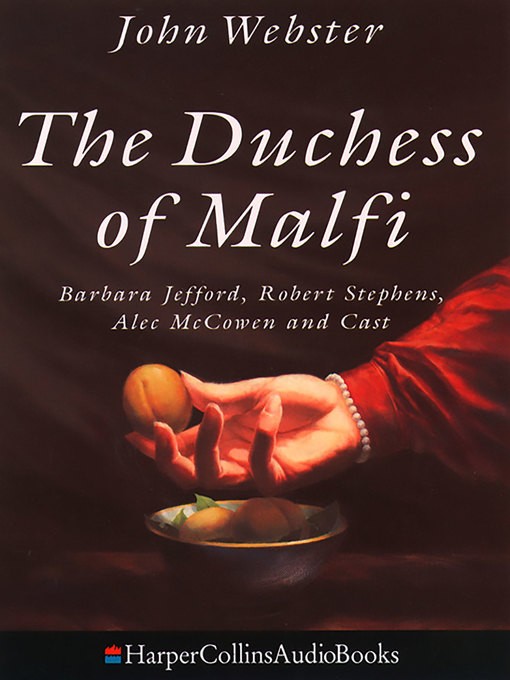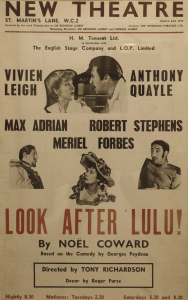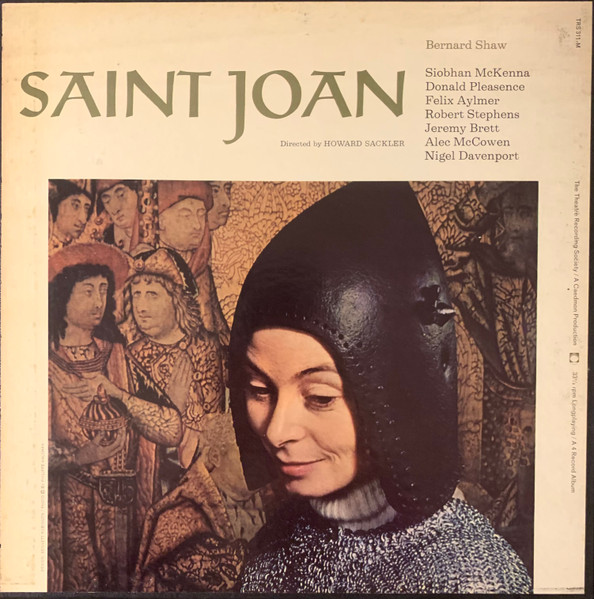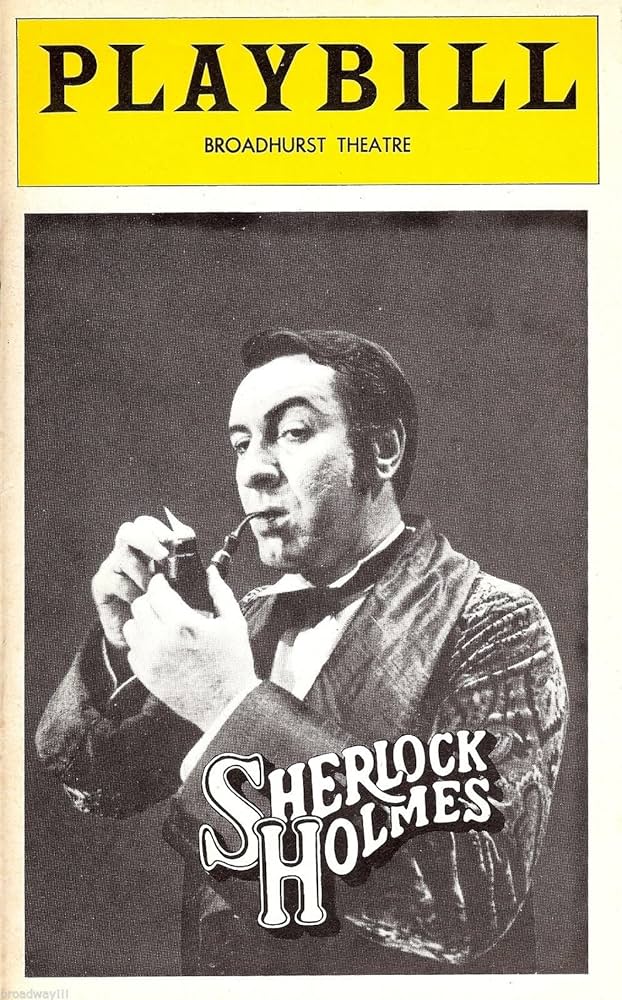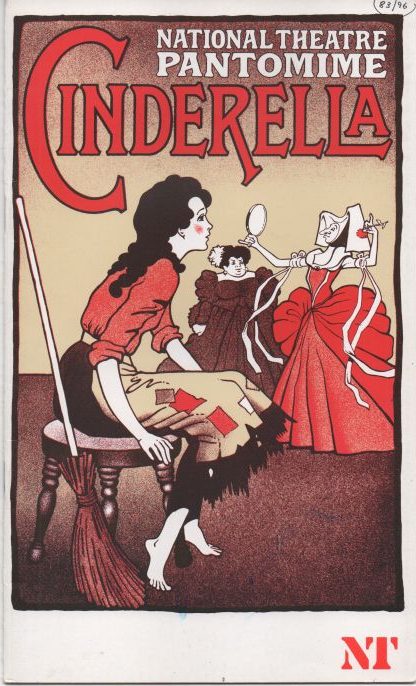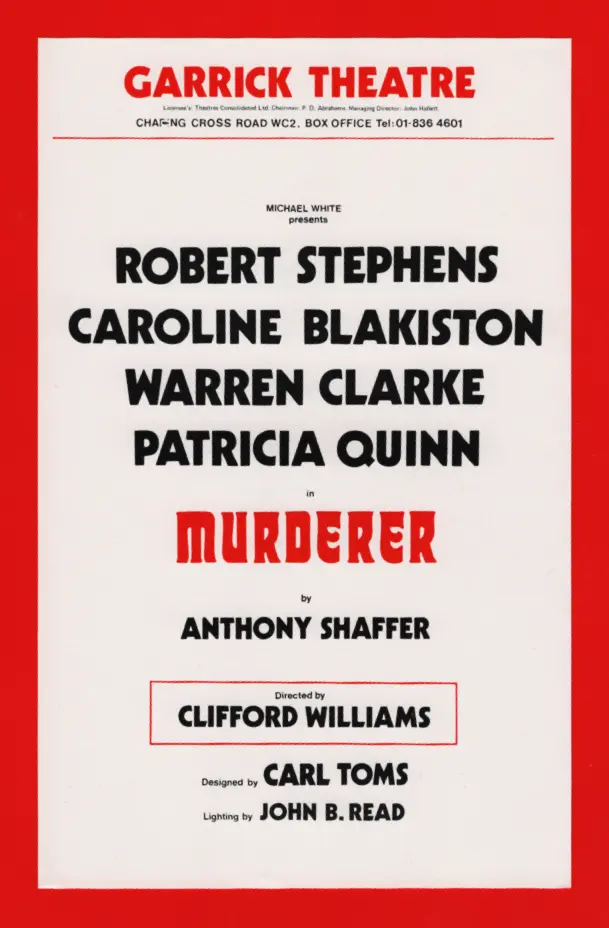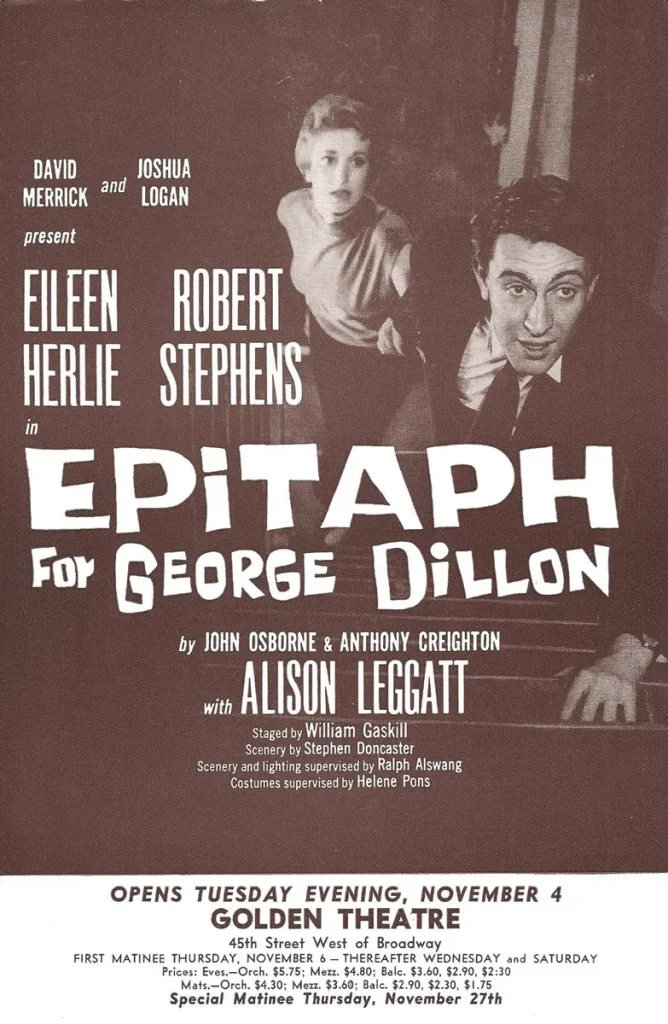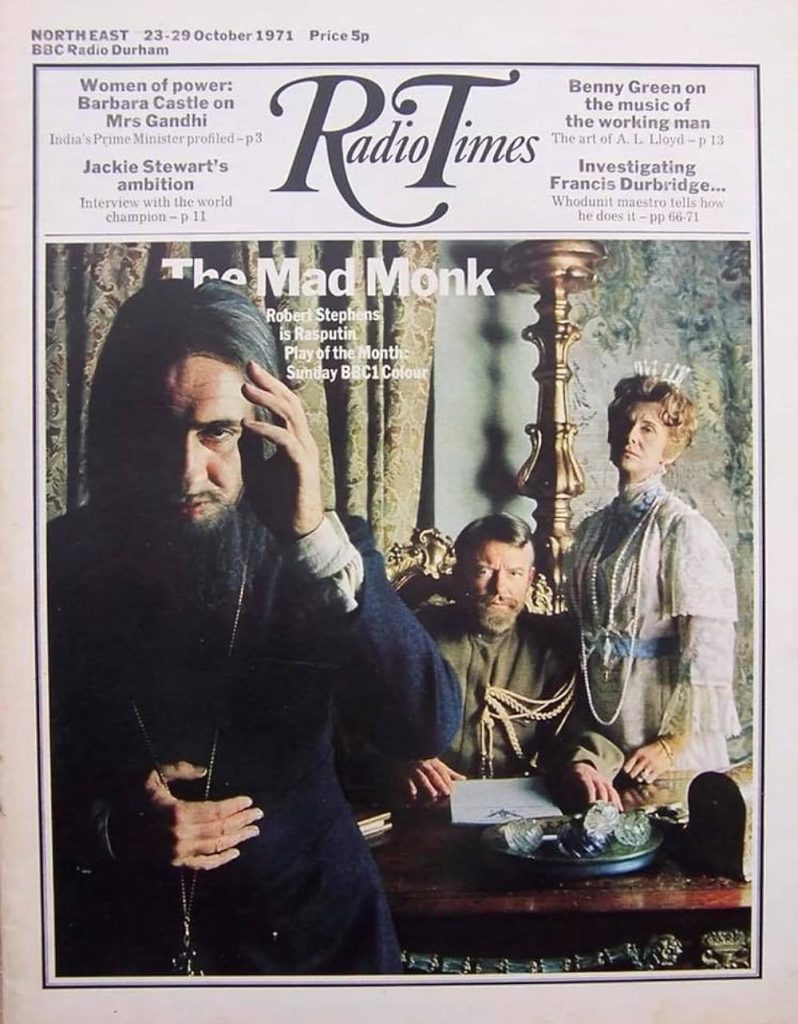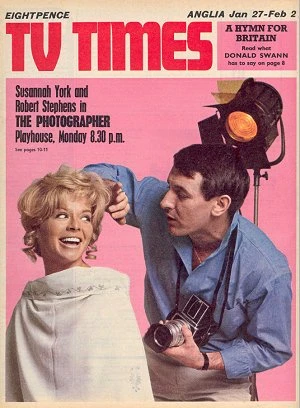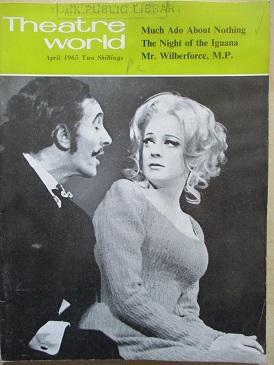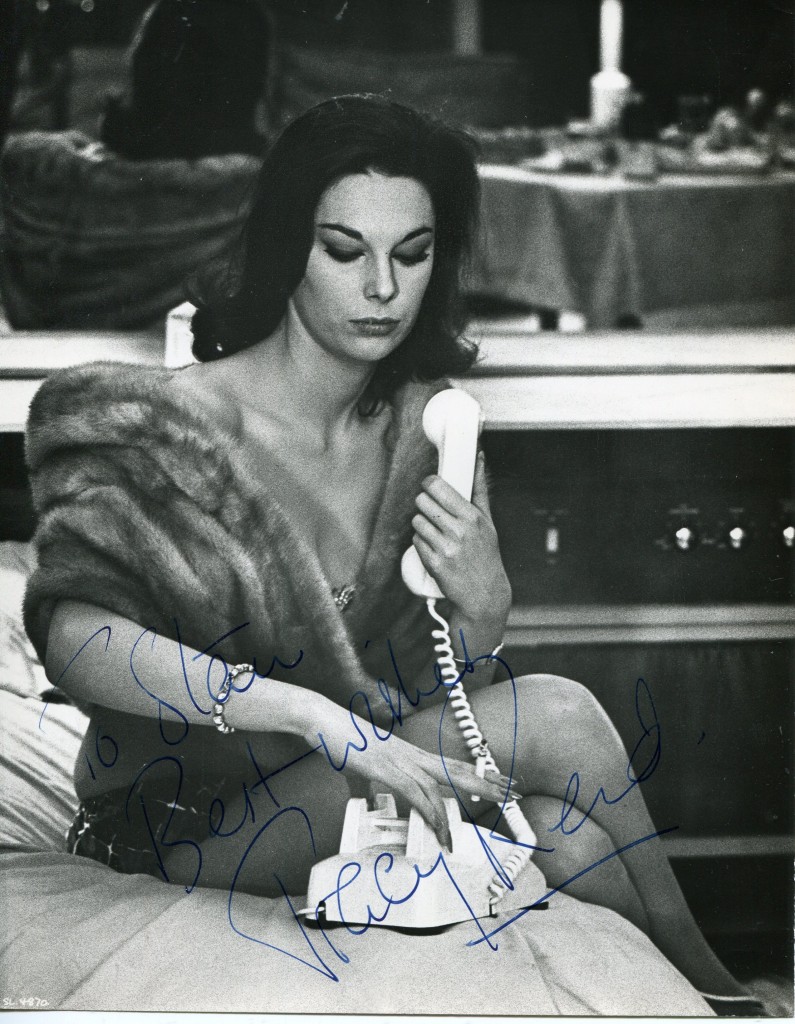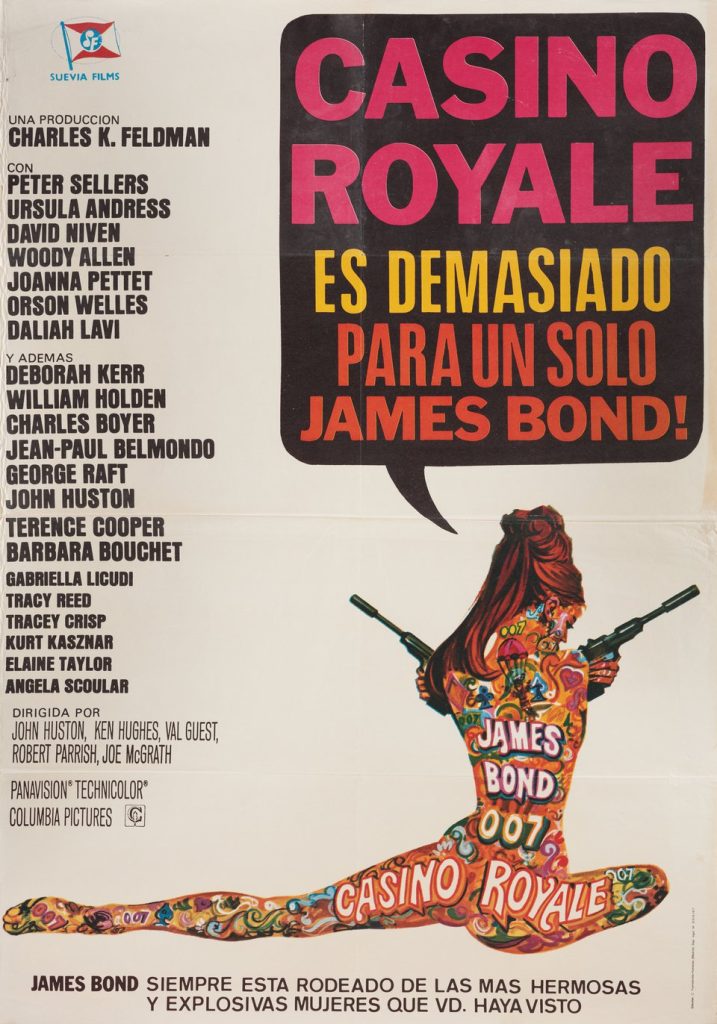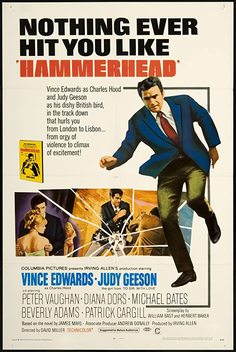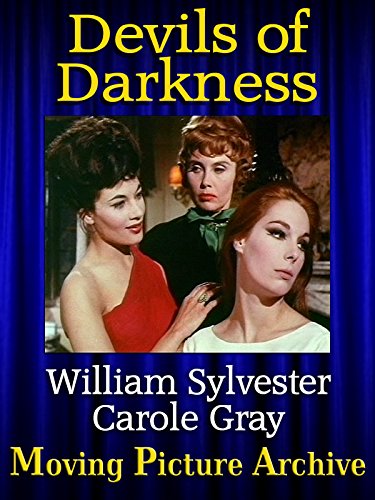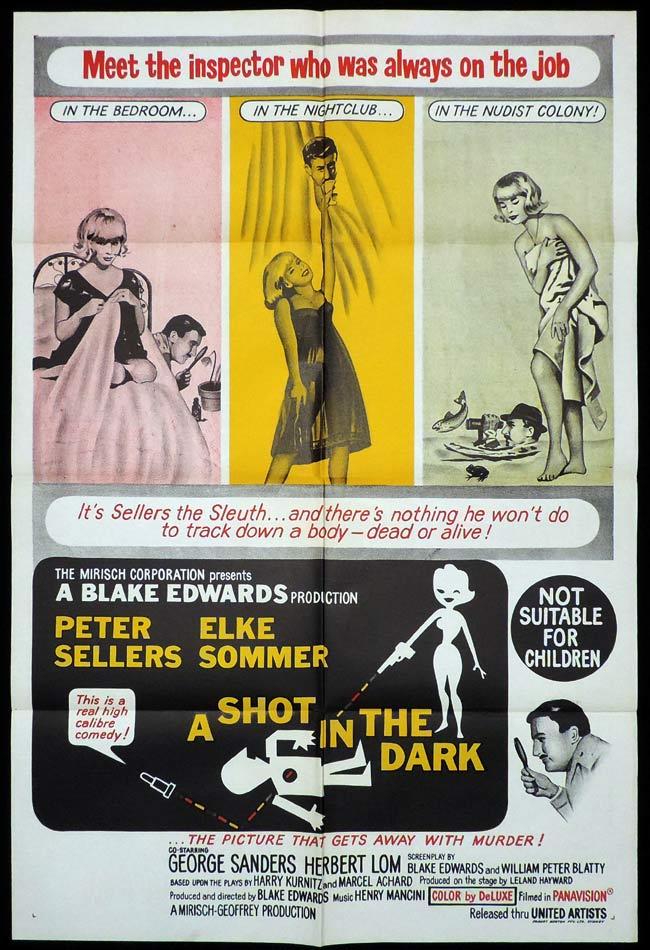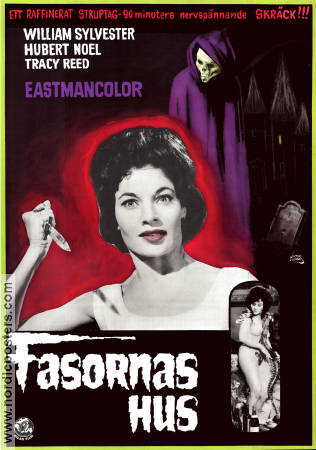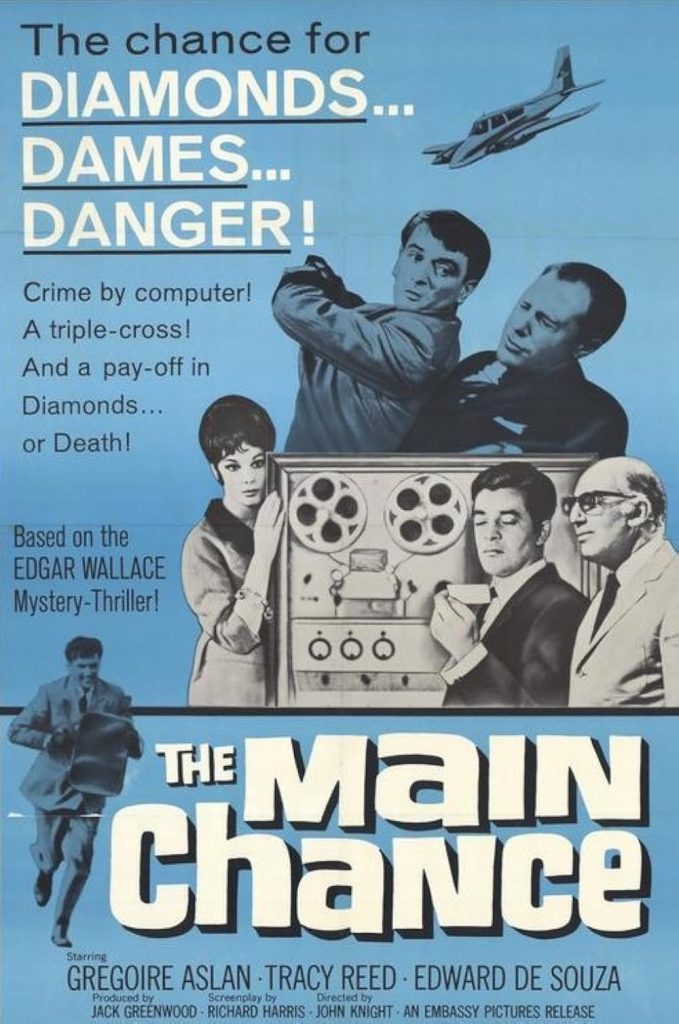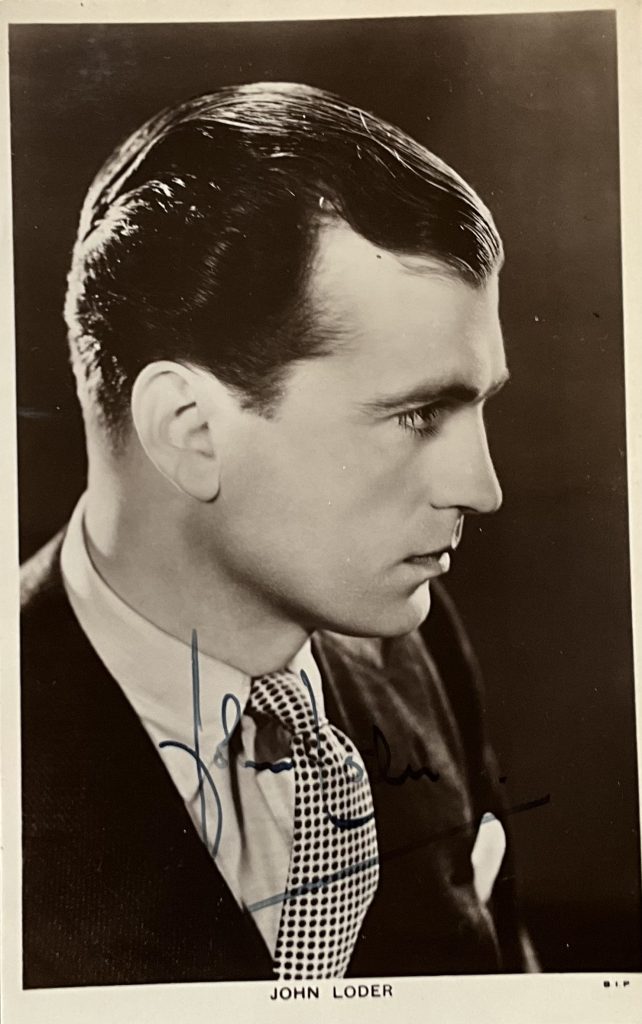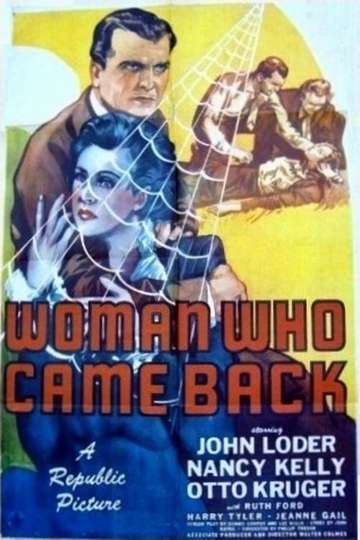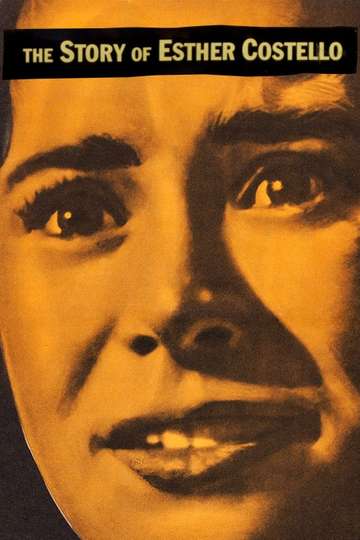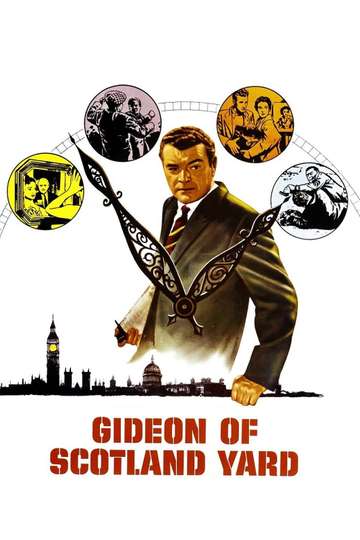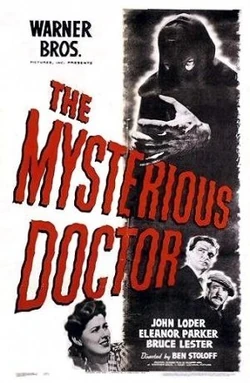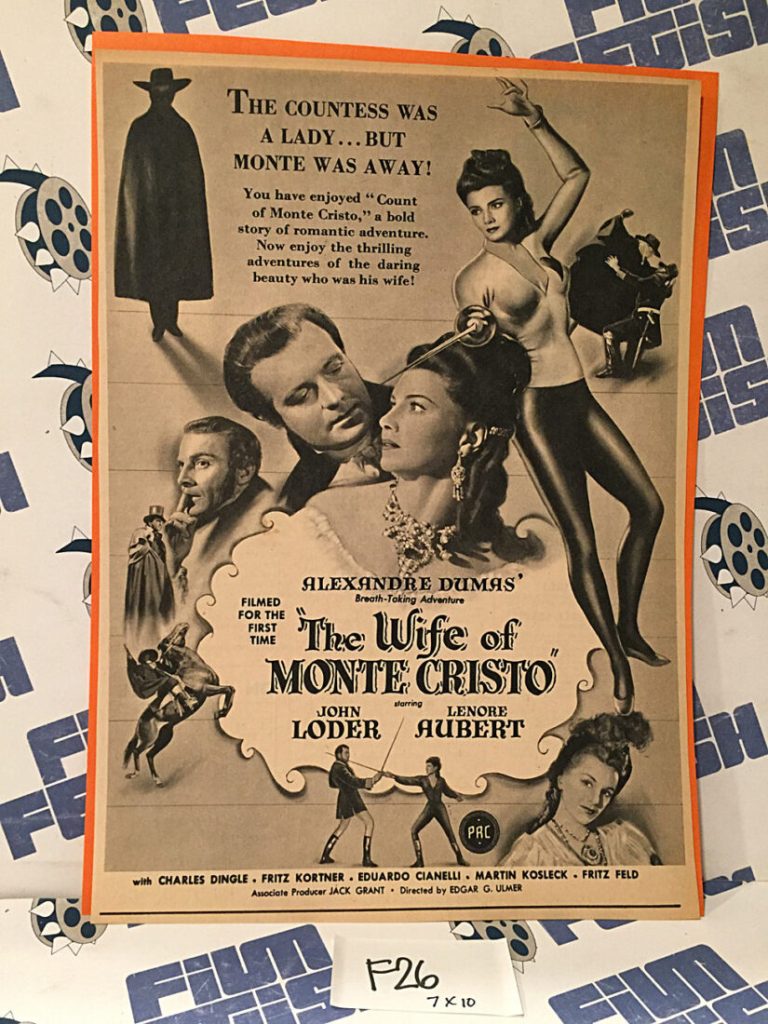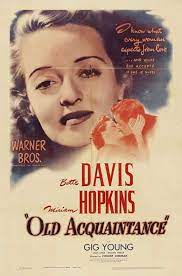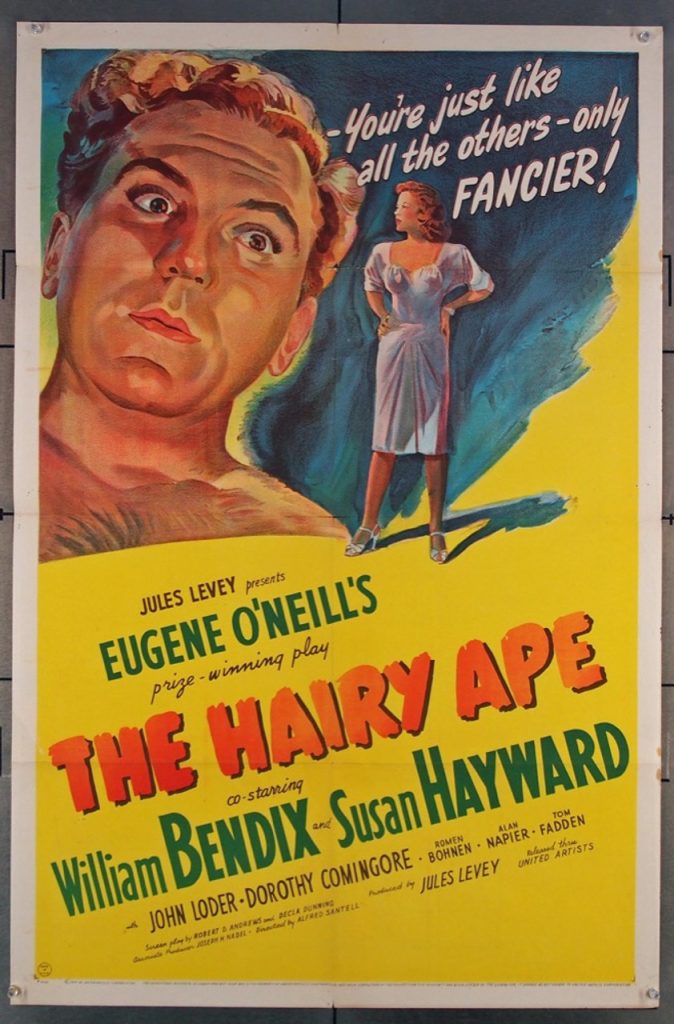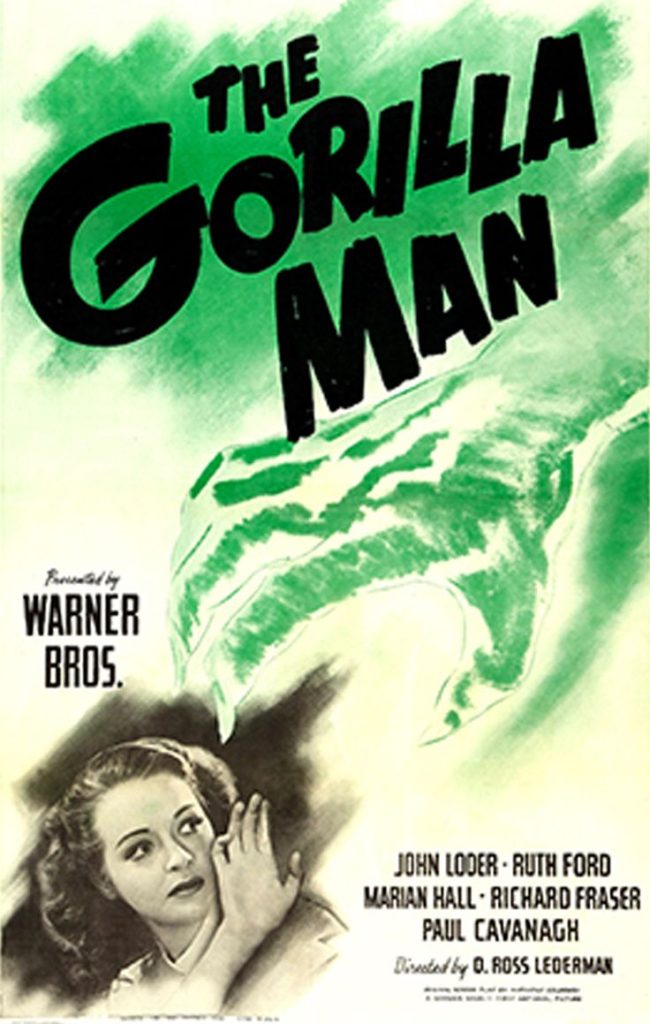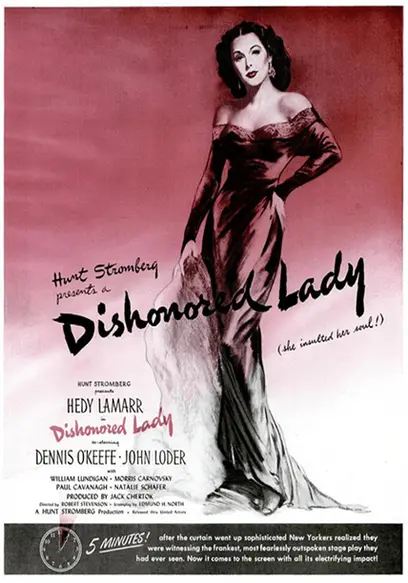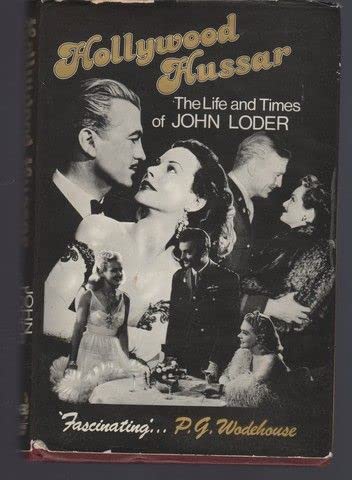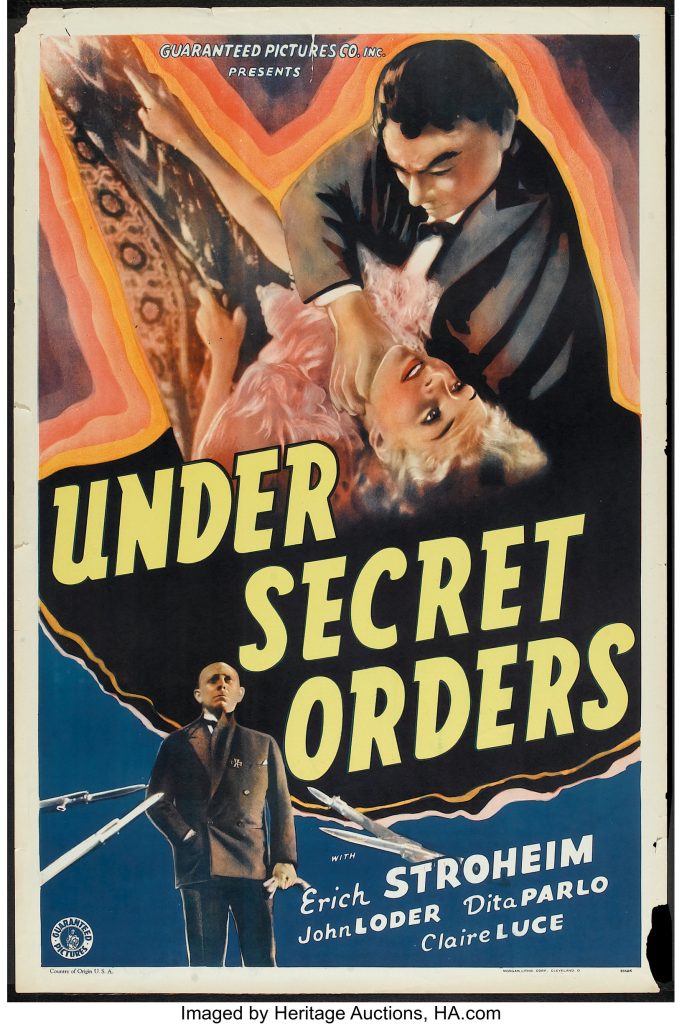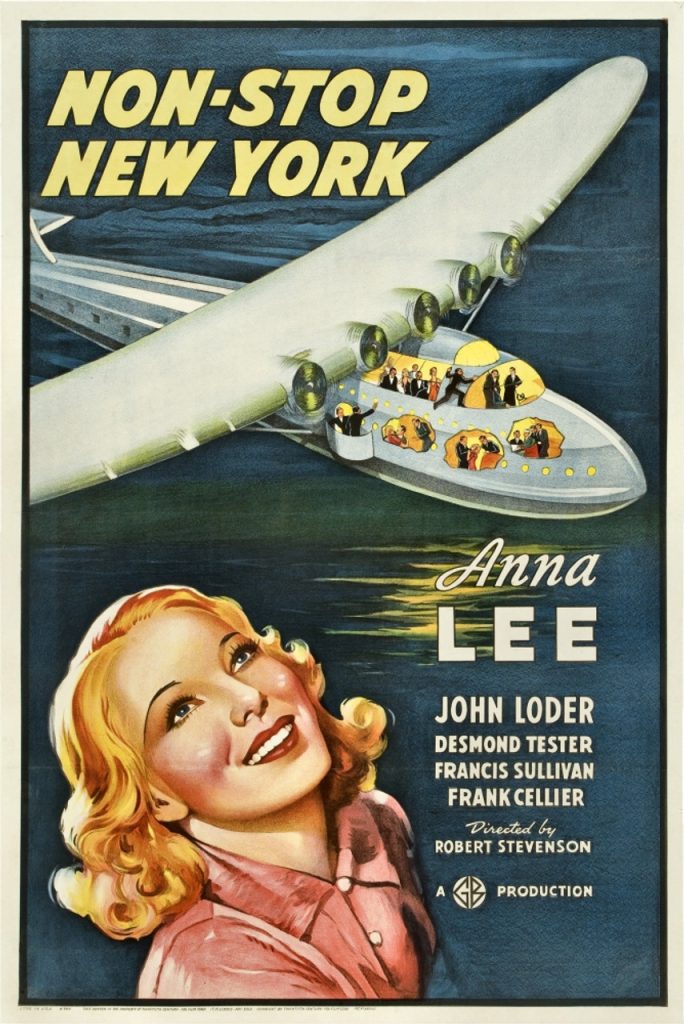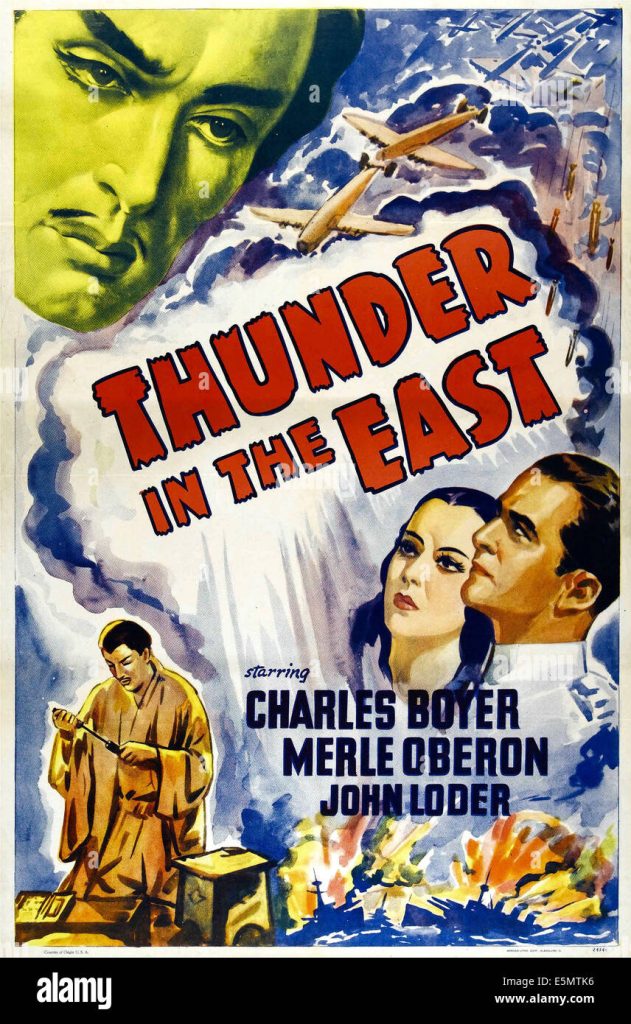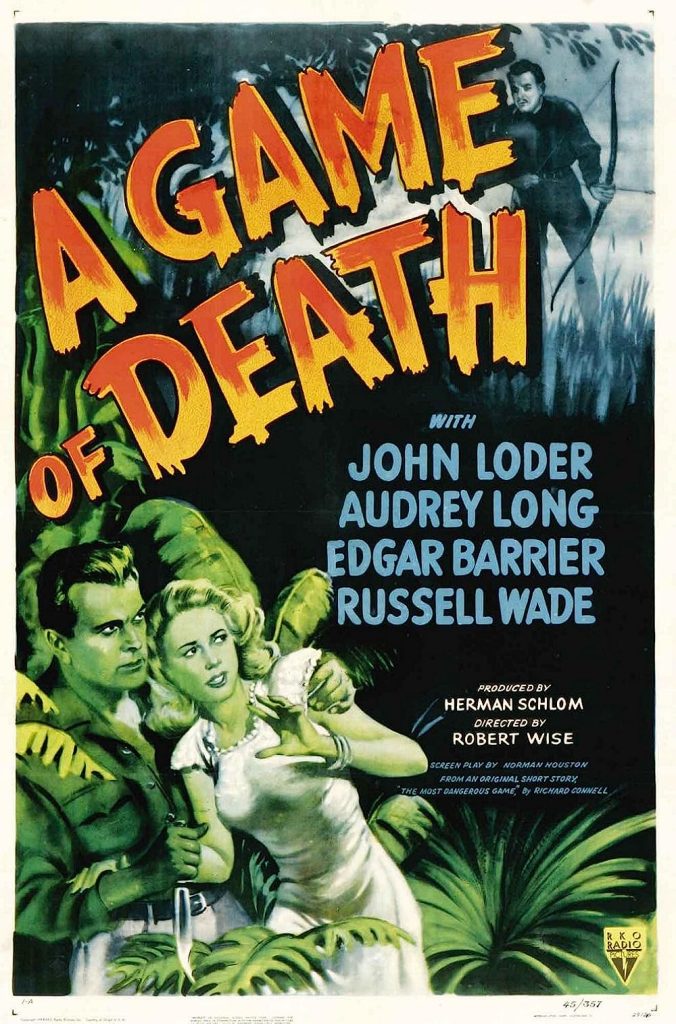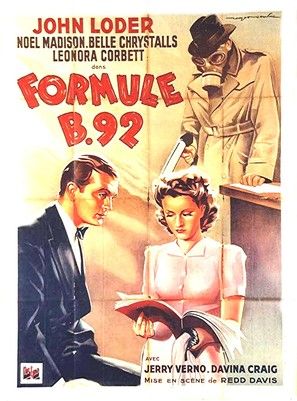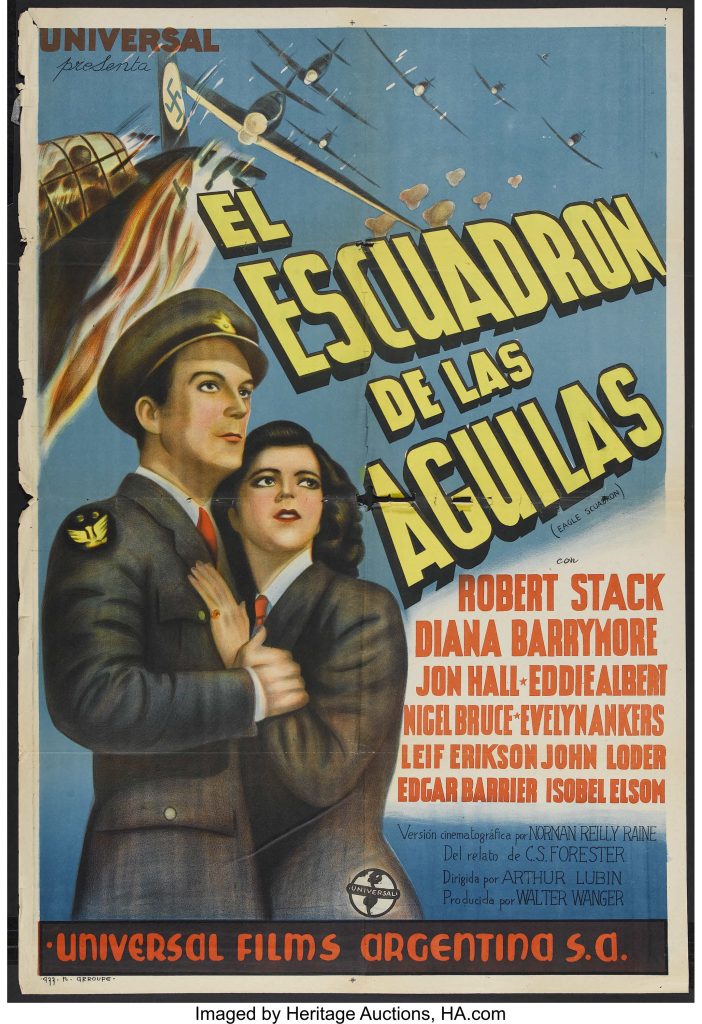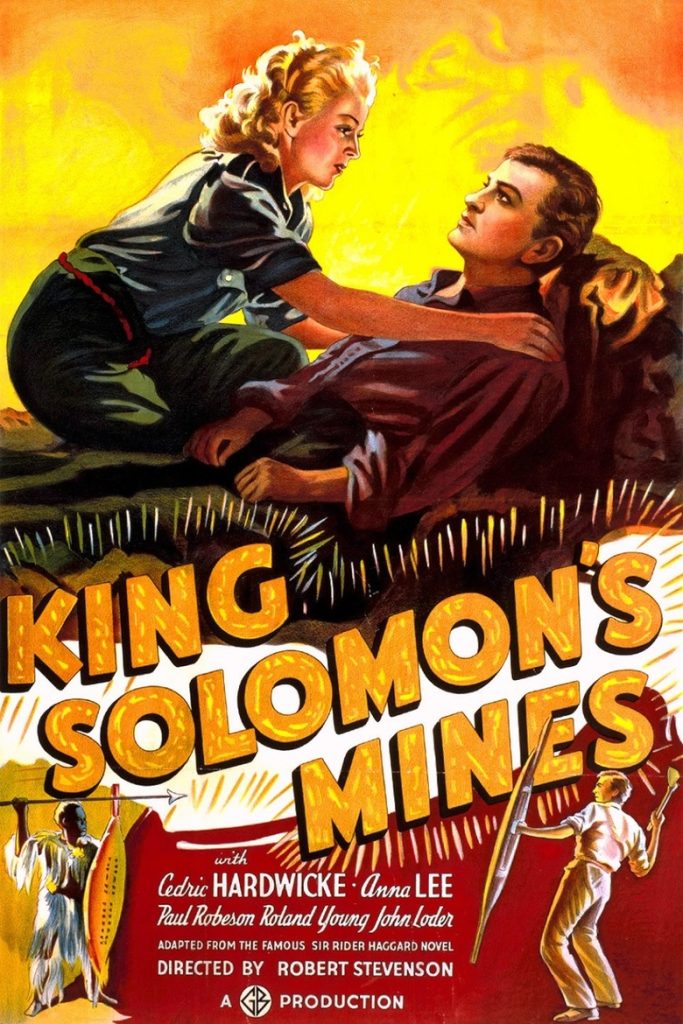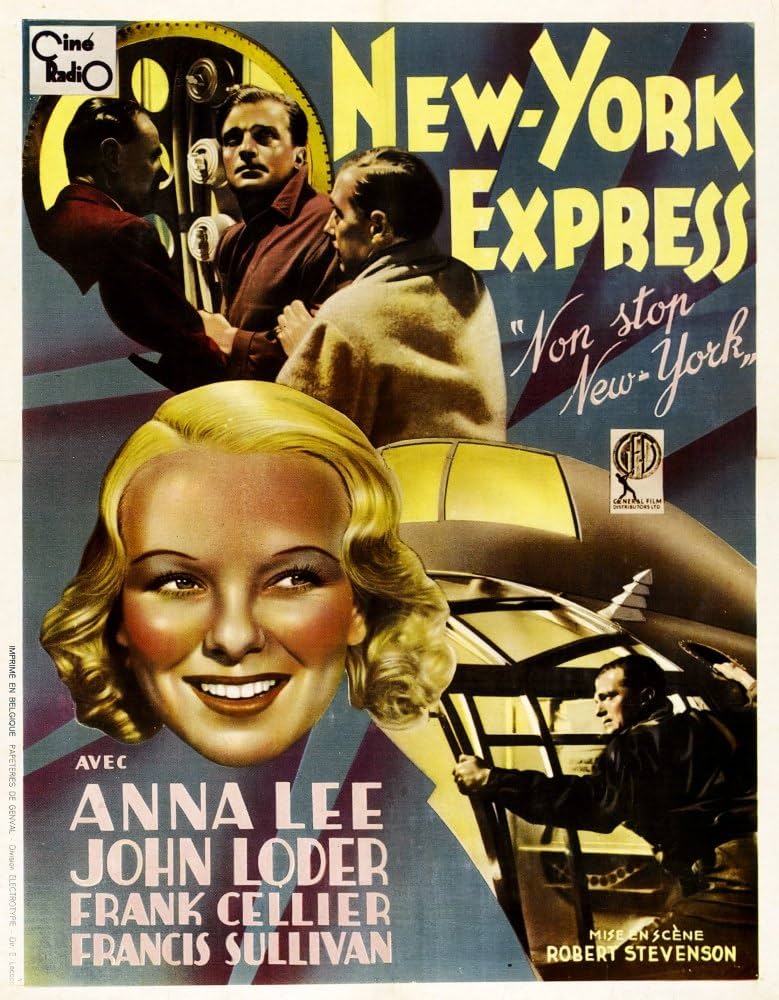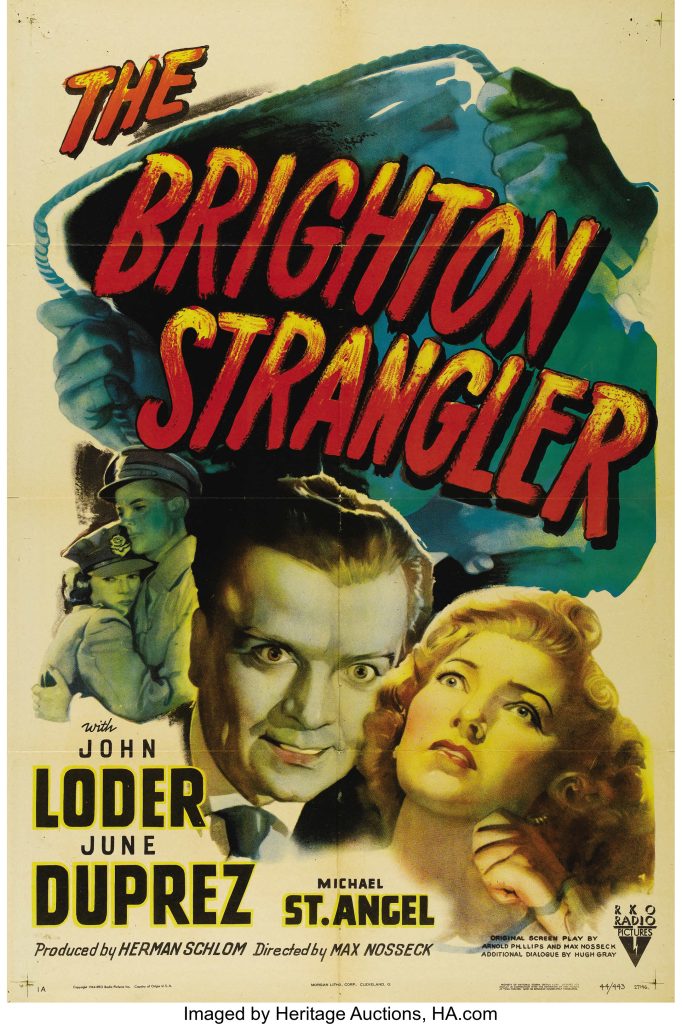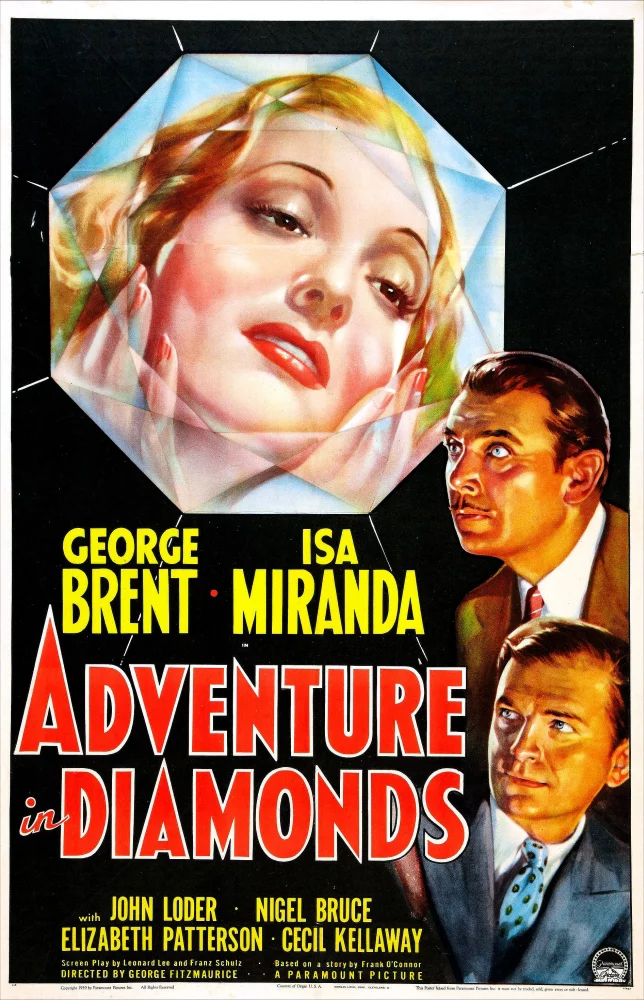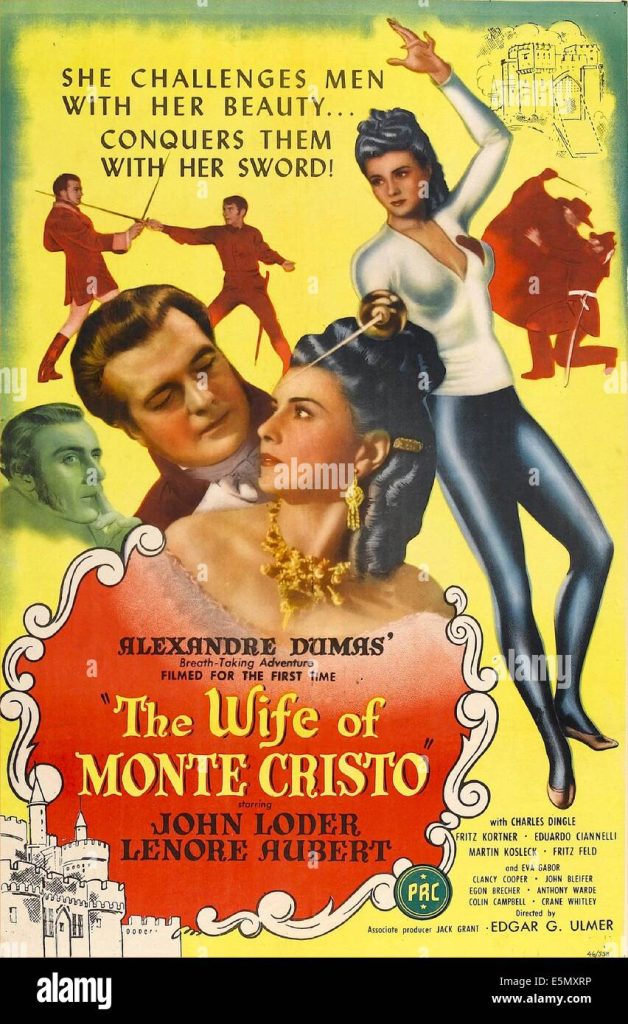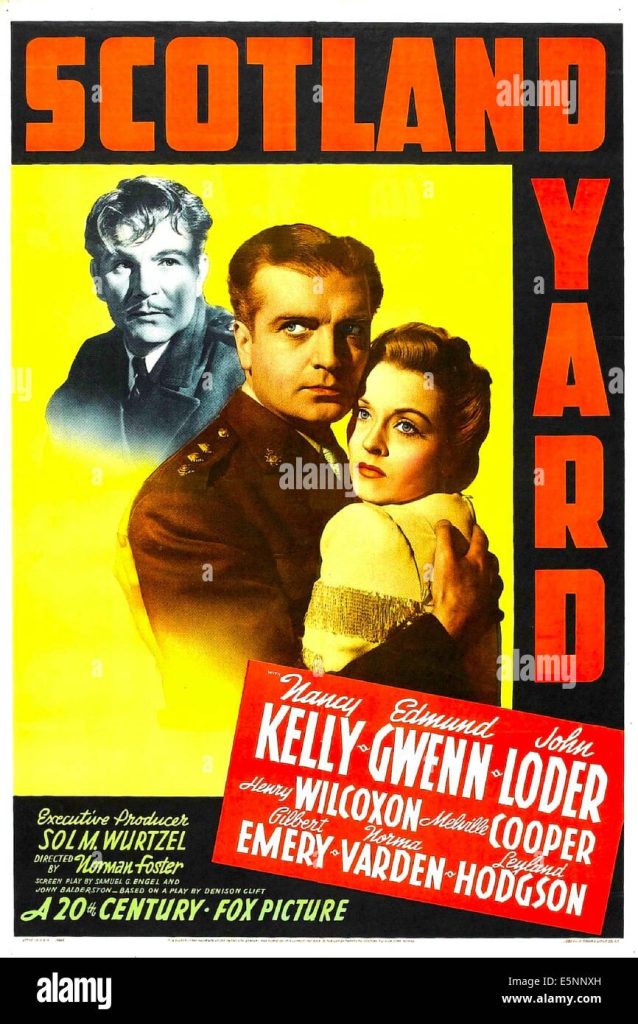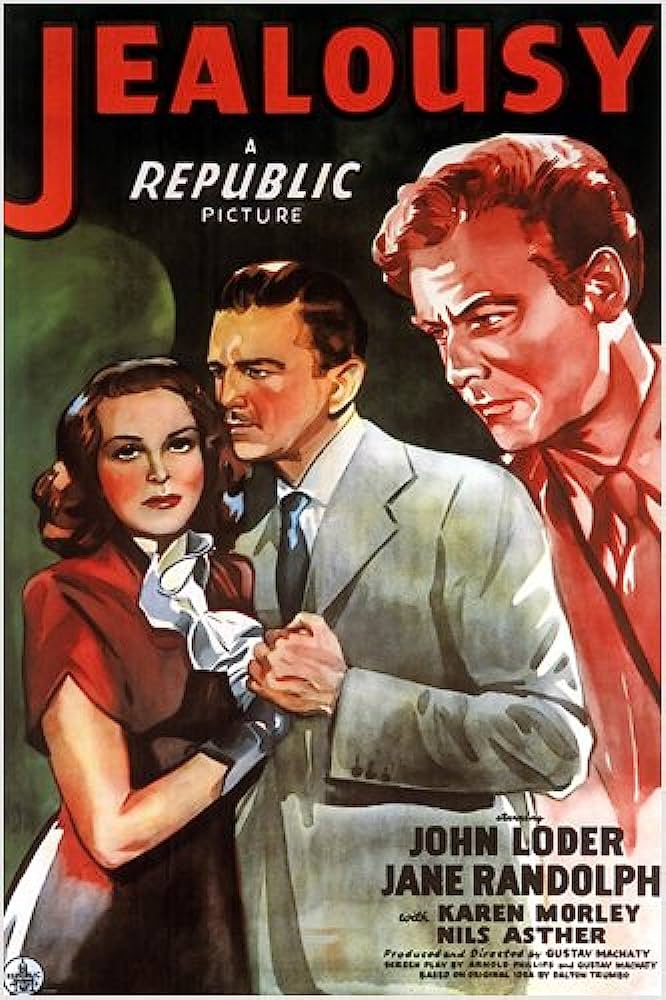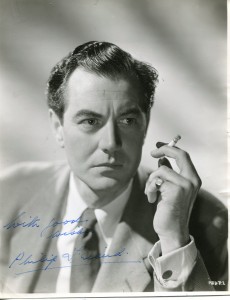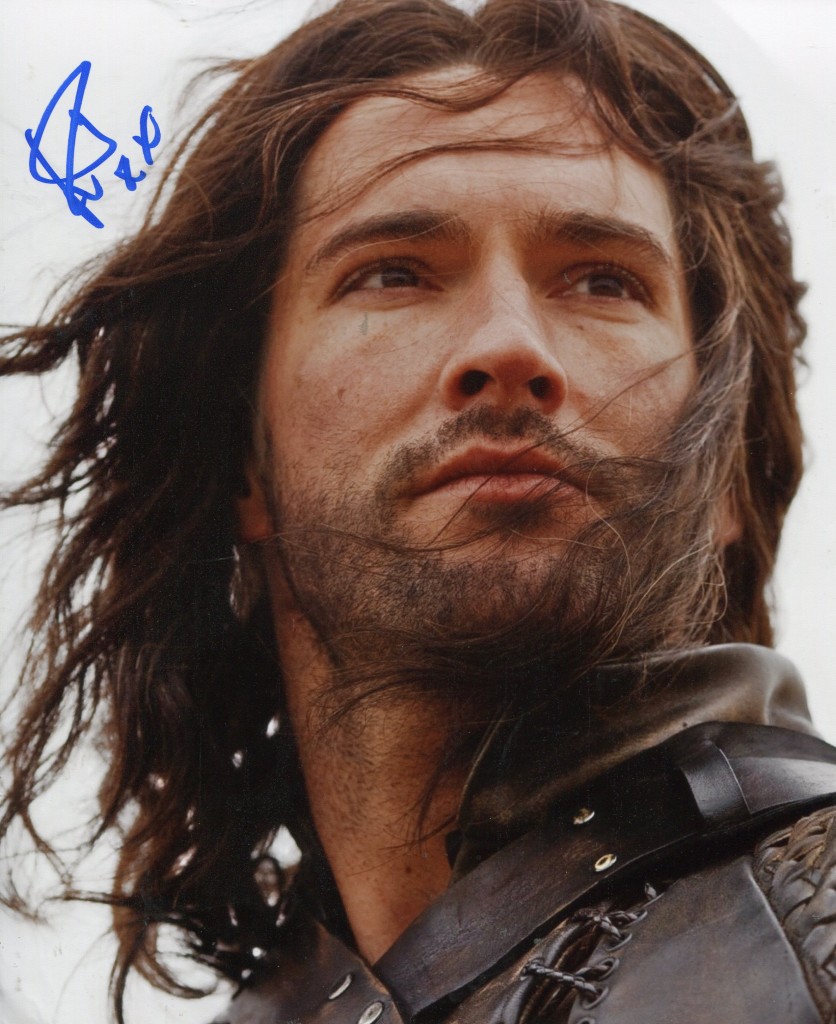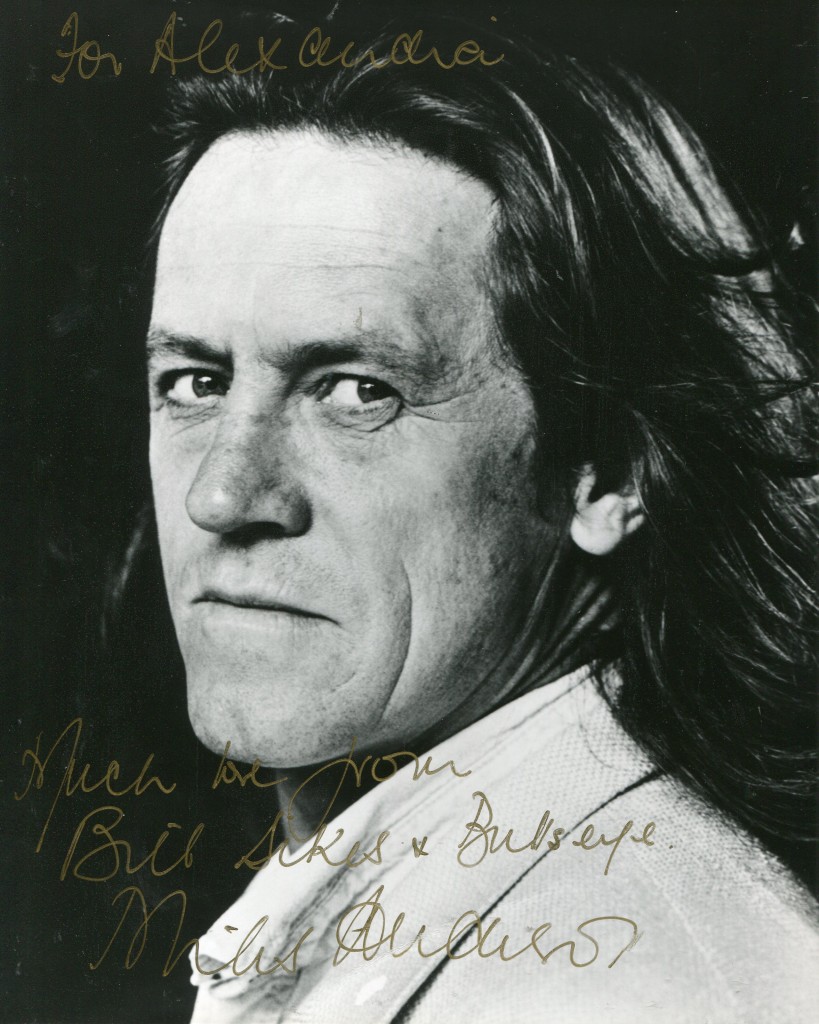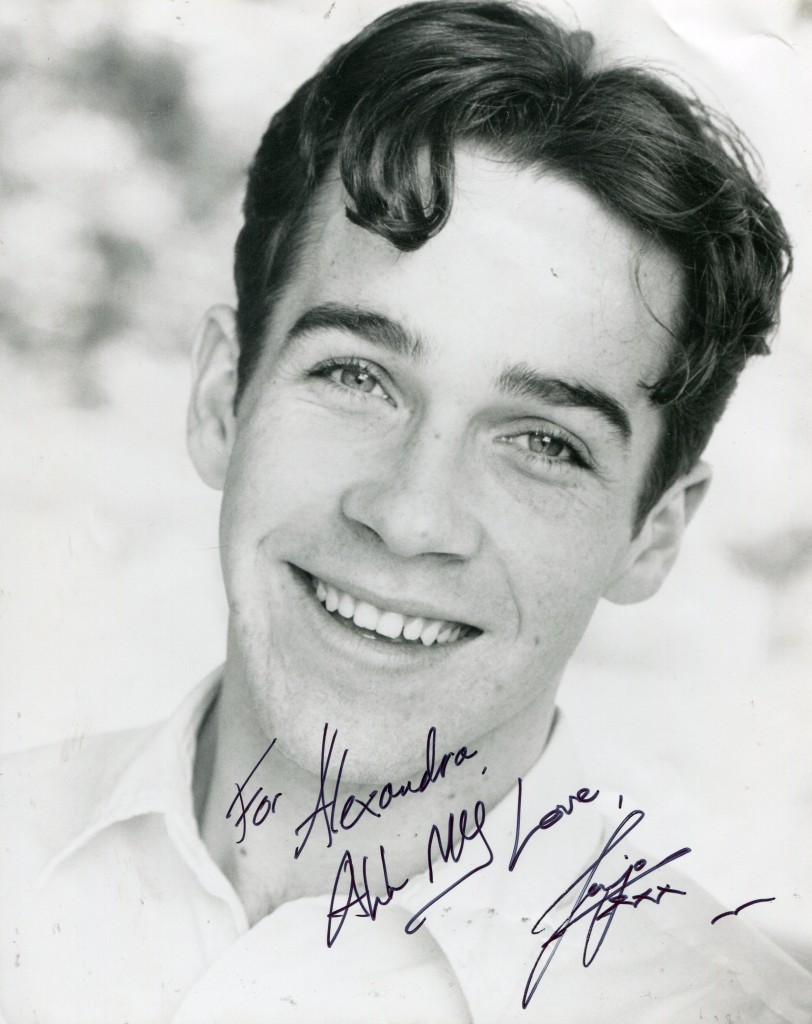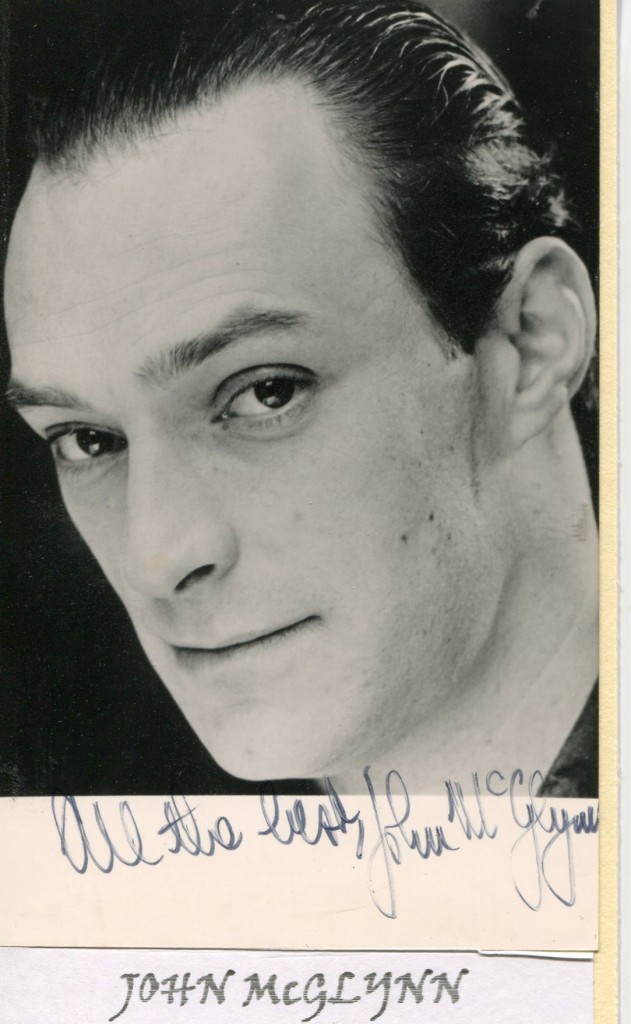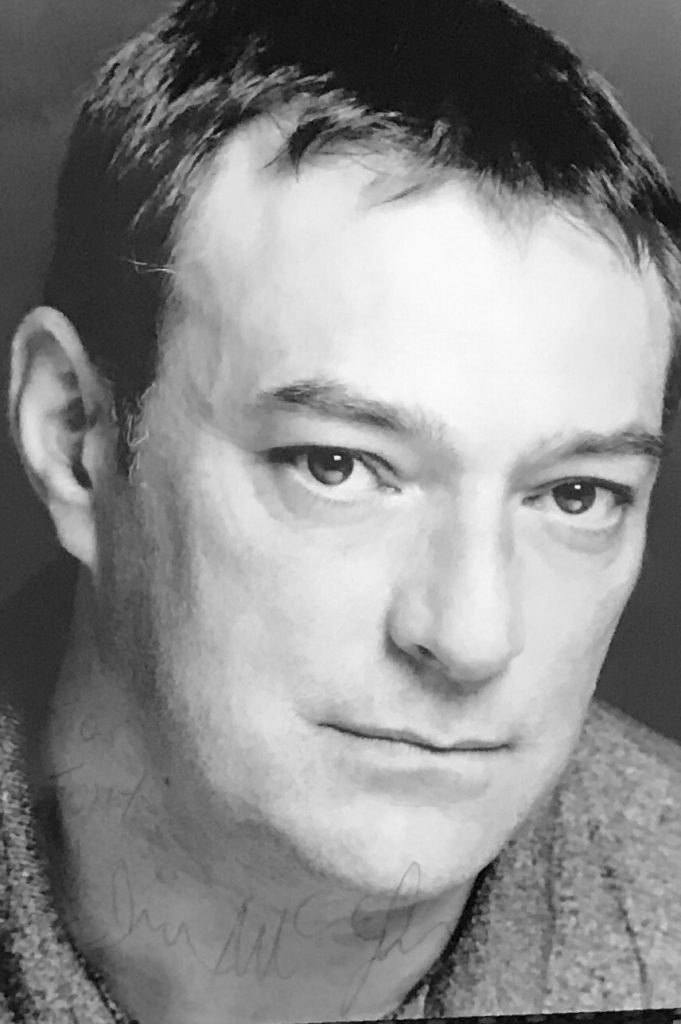It was as if he had cast himself among that generation of so-called hell- raising players – Richard Burton, Peter O’Toole, Albert Finney, Nicol Williamson, whose talents burned so bright in the playhouse until the cinema claimed most of them – except that Stephens could never claim great success in films. He would therefore prove that he at least had never turned away from the greatest test of all: the great roles in the theatre.
If he did not convince everyone of his greatness, he reminded a younger generation of playgoers of the guts, gusto, personality and bravado necessary to heroic acting in its heyday.
Nor did he neglect the supposedly romantic element in that tradition of acting, which he vividly chronicles in an autobiography, Knight Errant, published a fortnight ago.
Brimful of swagger and of egocentric fancy, it charts a career divided boldly between artistic ambition and personal indulgence, displaying a restless energy and Don Juan assurance which sometimes leaves the reader breathless with admiration or astonishment at the author’s effrontery. The book was as if he were re-enacting the adventures of the hero of an 18th-century novel; but at the same time it seldom reflects the kind of actor he was on stage during most of his career until its relatively glamorous end.
Kenneth Tynan had acclaimed him as the essence of the red-brick style of acting which puts brains before breeding. George Devine was certainly not looking for classical actors when he was setting up shop for the English Stage Company, at the Royal Court Theatre in the mid-1950s, for new writers for the stage. But in recruiting Stephens from the Library Theatre, Manchester, he found an actor of integrity and grit who created a stir in all sorts of forgotten works as well as in Osborne’s The Entertainer, Wesker’s The Kitchen and, above all, Epitaph for George Dillon.
Here was an anti-hero even nearer to Osborne’s heart than Jimmy Porter and Stephens acted it with all his heart. “The cleverest portrait I have seen of a certain kind of neurotic artist,” declared Tynan. “Quite wonderful,” said Noel Coward; Laurence Olivier made a note to have him as one of the 50 founding members of the forthcoming National Theatre Company.
With his hooded eyes, beaky nose, heavy jowl, cawing voice, and devil- may-care delight in a profession which gave him scope for being larger than life and twice as exuberant, Stephens did not win universal praise as a charmer. Nor was it in his nature to play for sympathy. Stephens was an off-beat actor, and rather heavy-handed with it.
Indeed that was obvious in Coward’s somewhat heavy-handed 1959 version of Feydeau, Look after Lulu, which had rather oddly got into the Royal Court repertoire with Vivien Leigh in the Madeleine Renaud part and Stephens dashing about in his Edwardian combinations.
It was a fault, though, which he was ready enough to correct when a veteran from the pre-war Aldwych farces, Robertson Hare, suggested that he took up daily skipping. Other ungainlinesses of manner were less easy to shed.
Nevertheless, Stephens had intelligence, personality, determination and technique. Even before his George Dillon had won golden opinions in London and New York he had shown himself satisfactorily versatile for the Royal Court in authors as diverse as Arthur Miller, Brecht, Wycherley, Nigel Dennis and Michael Hastings.
But who could have foreseen – except perhaps Olivier – that, within five years of Dillon, Stephens would be a rising star with the National Theatre at the Old Vic in its heyday and even in line for its throne? Would he have risen so rapidly as an actor, without the good fortune of encountering on stage within three months of his arrival at the National one of the most brilliant comediennes of the day – perhaps of any day – the even more versatile Maggie Smith?
Their partnership began purely by chance casting; soon they were cast as a couple whose acting together made one and one add up to three, and in a few seasons they had become the most famous partnership in British theatre.
Although they worked apart well enough in the National’s mainly classical repertoire, they made audiences look forward to seeing them together; and halfway through that glittering decade from 1963 to 1973 Olivier one day touched the dashing, handsome and effervescent Stephens on the shoulder. Would he like to be one of Olivier’s chief lieutenants?
Could it be true? Might he as an associate director and something of a matinee idol be heading even higher up the National ladder? Here he was standing as it were in the wings of what was to be called the Royal National Theatre whose great but ageing artistic director was ailing.
If ever an actor felt greatness being thrust upon him Stephens could be forgiven for so thinking. Married by then to one of the era’s most accomplished and popular actresses – a comedienne and tragedienne who had also become a film star in The Prime of Miss Jean Brodie (in which he also appeared) – Stephens was thrice blest.
With some accuracy the partnership was compared to other, illustrious couples like the Lunts (Alfred Lunt and Lynn Fontanne), John Clements and Kay Hammond, Laurence Olivier and Vivien Leigh; and playgoers could sense across the Old Vic footlights the mutual exhilaration, verve and delight in their own teamwork.
The couple were together in Farquhar’s The Recruiting Officer (1963: Captain Plume and Silvia), Coward’s Hay Fever (1964: Sandy Tyrell and Myra), Much Ado About Nothing (1965: Benedick and Beatrice), Farquhar’s The Beaux’ Stratagem (1970: Frances Archer and Mrs Sullen), Hedda Gabler (1970: Eilert Loevborg and Hedda) and – perhaps their most popular and poignant collaboration – John Gielgud’s West End revival of Coward’s Private Lives (1972: Elyot Chase and Amanda Prinn).
By then, alas, Stephens had wrong-footed it with his boss Olivier (“Larry? He’s all dear, darling, lovely boy until opening night, then it’s just him and the audience”); and having resigned from the National realised that his marriage was drawing to a close, though not before Private Lives had been a huge success at the Queen’s and then the Globe, bringing Smith another prize as best actress.
With its story of a divorced couple who meet on their honeymoons and fall in love all over again only to realise that they cannot live apart – or together, it was as if the couple were acting out their private life before the public every night.
When the play crossed the Atlantic, Stephens did not go. He directed a play at the Open Space, in London. He played Trigorin in The Seagull at Chichester and Greenwich, Pastor Manders in Ghosts and Claudius in Hamlet (again at Greenwich) and in the West End, a thriller, Murderer (Garrick, 1975). Meanwhile Peter Hall had taken over at the National; and, the divorce concluded, the spirits of the ebullient Stephens sank deeper than he dared admit.
He went on acting. On Broadway he showed his comic mettle again as Sherlock Holmes in a revival of the William Gillette-Conan Doyle play Sherlock Holmes, offsetting some of the frustration felt after the failure of Billy Wilder’s film The Private Life of Sherlock Holmes (1969) in which he also took the title-role.
Stephens gave his Othello in Regent’s Park, and in 1978 returned to the National Theatre under its new regime in Shakespeare (Oberon), Chekhov (Gayev), Ibsen (the Mayor in Brand), Congreve and as Pontius Pilate. Not a man to let self-pity overrule him, he had however a sociable nature and fell into bouts of dissipation and sustained obscurity.
Towards the end of the 1980s he was invited to join the Royal Shakespeare Company. Its director, Adrian Noble, had, as a schoolboy, revered Stephens’s acting as the half-naked, weird-voiced, chain-clad, god-like sovereign of medieval Peru in The Royal Hunt of the Sun (1964).
At Stratford-upon-Avon he played, despite spells of serious illness, Julius Caesar and Falstaff. He won the Olivier Award as best actor for 1991 for his highly praised Falstaff, a sadder dog than usual. Two seasons later he came forward, again after serious illness, as a much-admired but younger than usual King Lear.
Neither of them however was so much the performance of a great actor as of a once potentially great actor. Their challenge and the extent of his achievement served as a kind of plucky personal therapy: a belated call to arms, which the actor answered with a stout heart and high courage; and this year he was duly knighted in the New Year’s Honours list.
Whether his racy, name-dropping memoirs, Knight Errant, subtitled “Memoirs of a Vagabond Actor” and written with Michael Coveney, added to any understanding of his art, they drew a zestful, entertaining portrait of a sexual opportunist and promising if not tactful actor in the Permissive Society of 1960s and 1970s London.
They also drew eddies of indignation in certain quarters at their less than courtly manners, for among the actor’s proud and numerous conquests of note was, apparently, the historian Lady Antonia Fraser (“I was her last bad boy,” he wrote); and to the charges of bad taste and lack of chivalry he would languidly reply, “My book is certainly a precedent.”
From, as it were, his death-bed, he would recreate on the page one of those legendary, hell-raising celebrants of venery and alcoholism from the post-war British theatre, and whether the figure he wrote about was truly Robert Stephens or one of his even more illustrious contemporaries, or a mixture of them all, there was something undeniably heroic in his attitude if not his acting.
And defiant. Stephens defied, again and again, all medical augury in his last months, holding court in local pubs whenever he could get away from hospital to chat about his ideas of great acting or great actors; swaggering and (sometimes) swanking to the last, but committed to the notion that in the theatre great acting was ever rooted in the actor’s personality. “If I am indeed a good actor,” he wrote, “it is partly because I am not, I hope, a dull man. It is impossible for a dull man to be a good actor.”
Adam Benedick
Robert Stephens, actor: born Bristol 14 July 1931; Kt 1995; married 1951 Nora Ann Simmonds (one son; marriage dissolved 1956), 1956 Tarn Bassett (one daughter; marriage dissolved 1967), 1967 Maggie Smith (two sons; marriage dissolved 1975), 1995 Patricia Quinn; died London 13 November 1995.
The above “Independent” obituary can also be accesed here.
